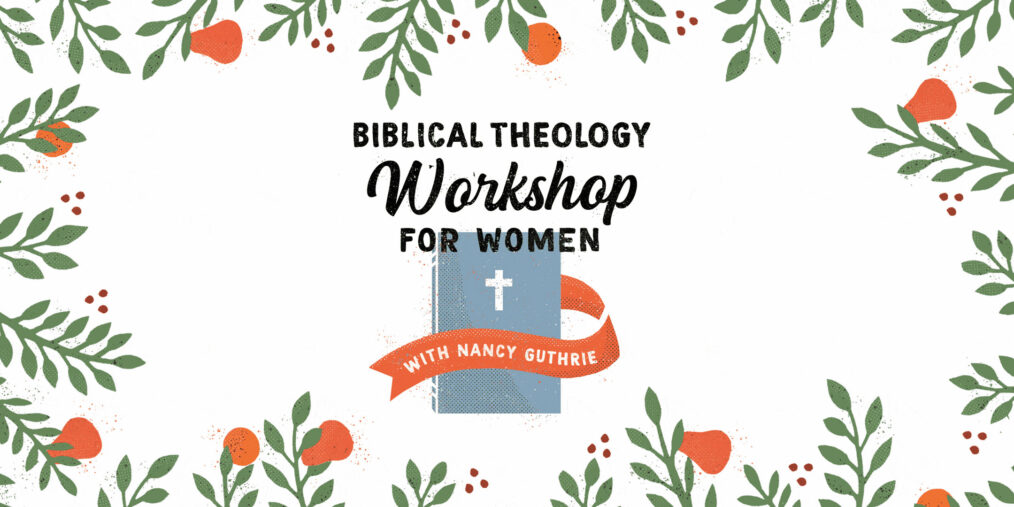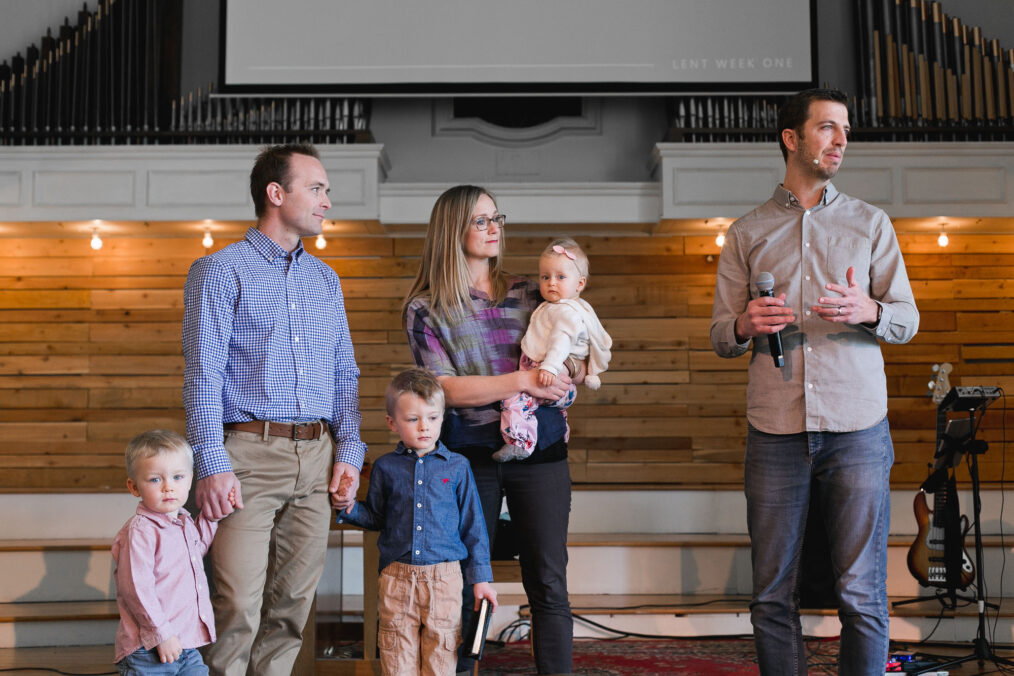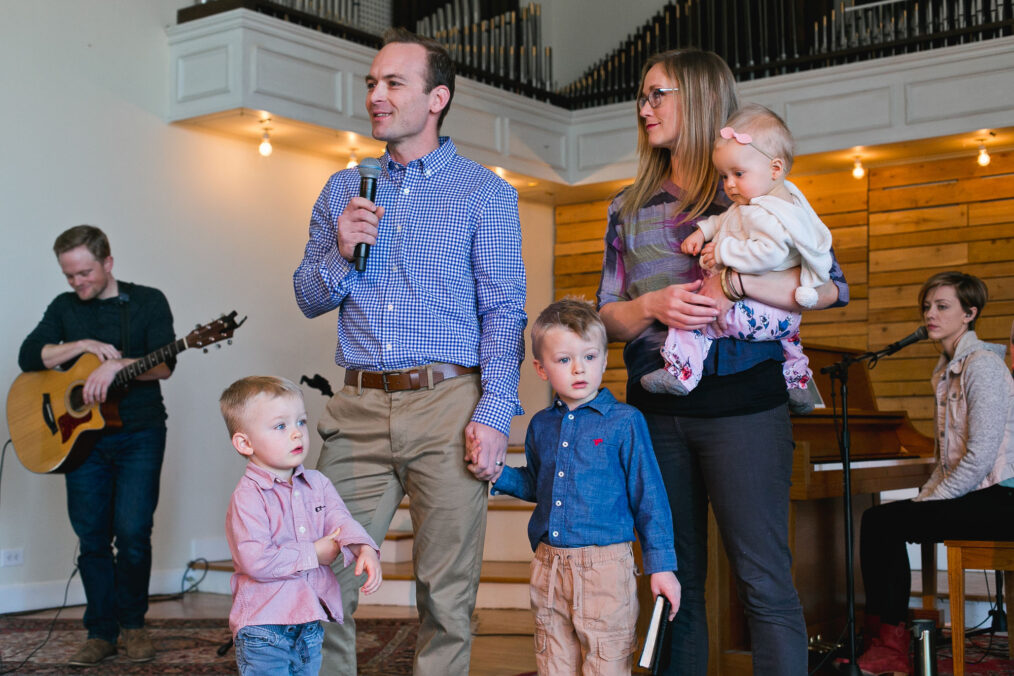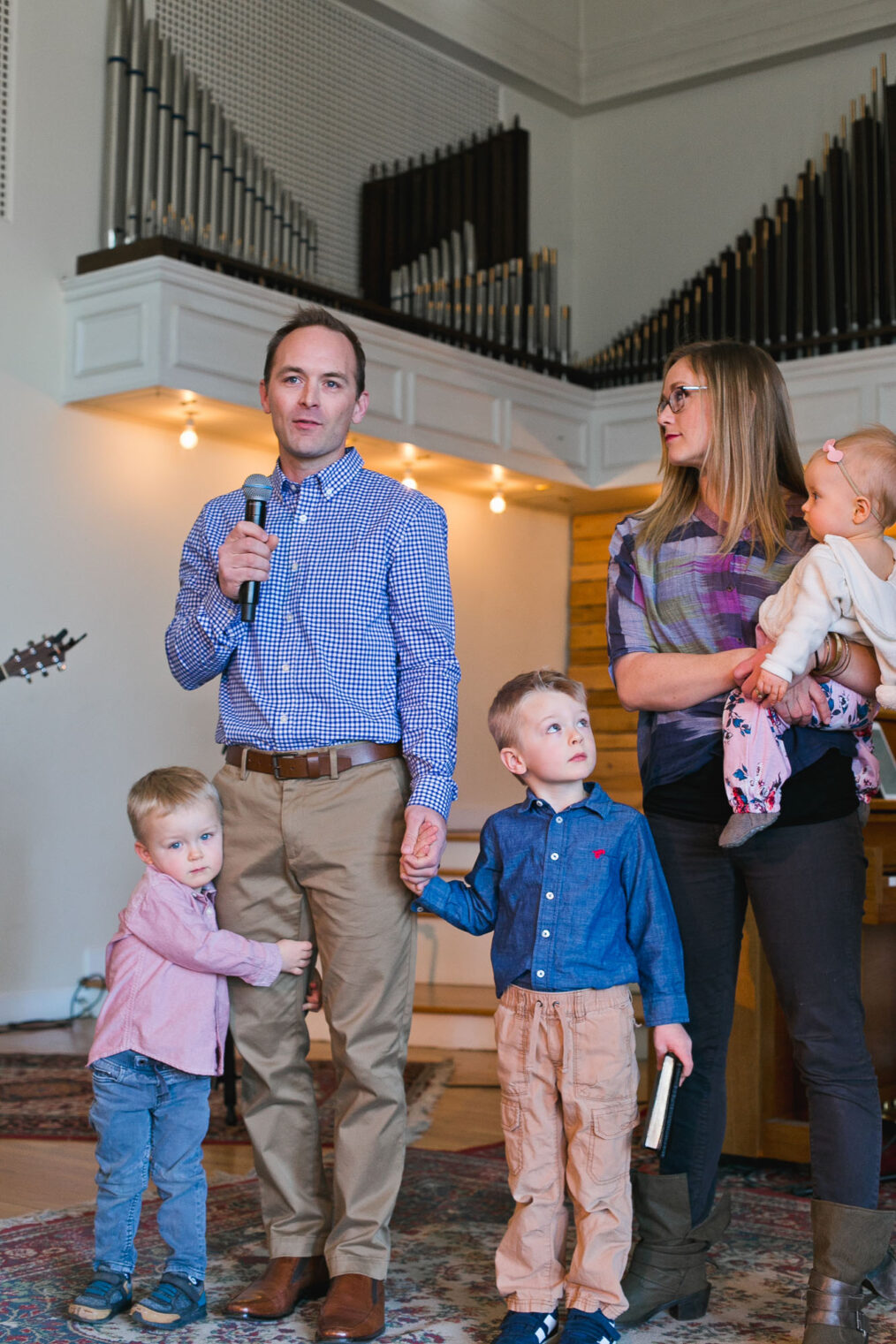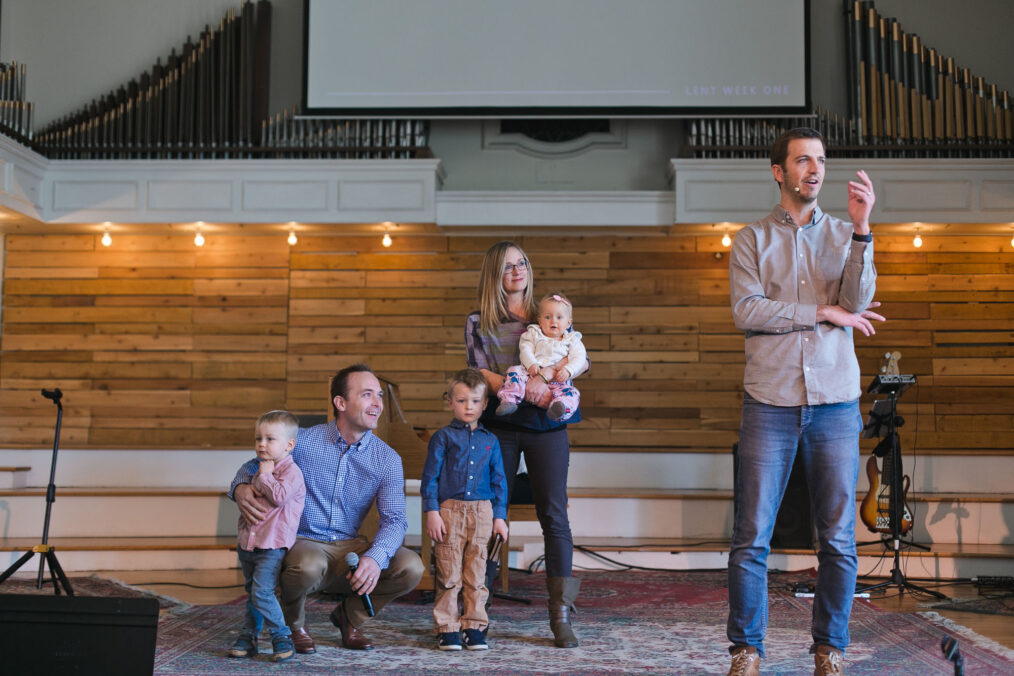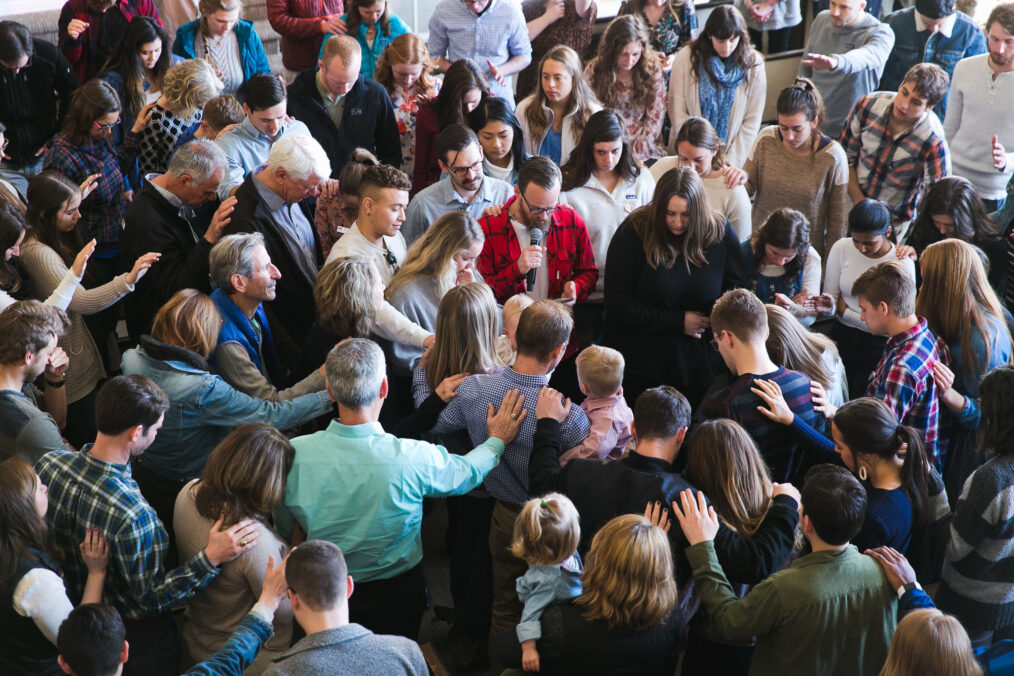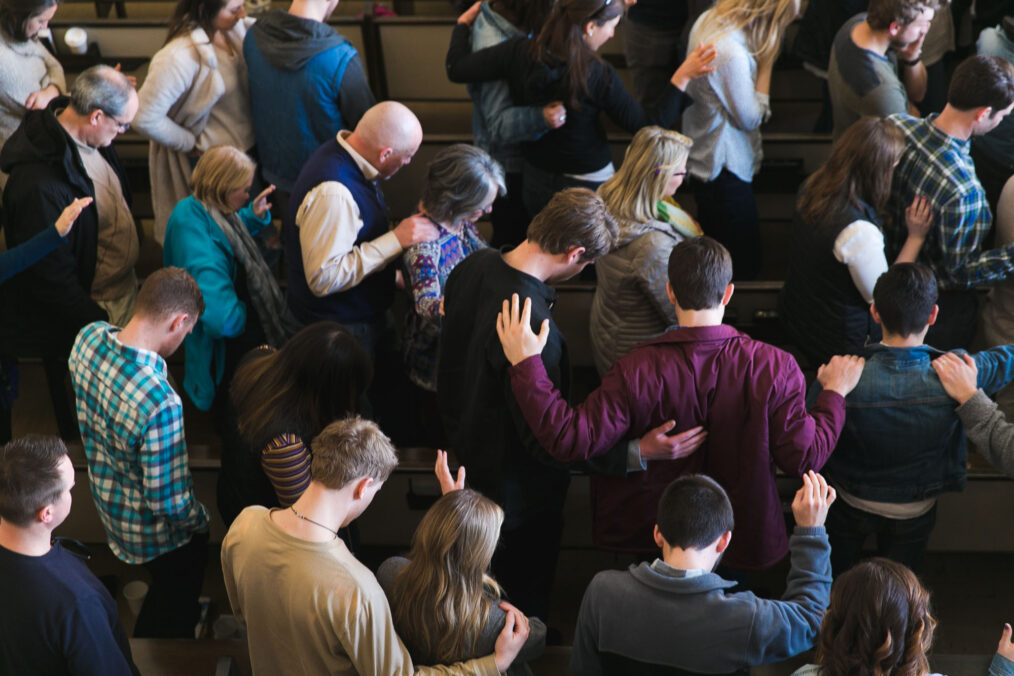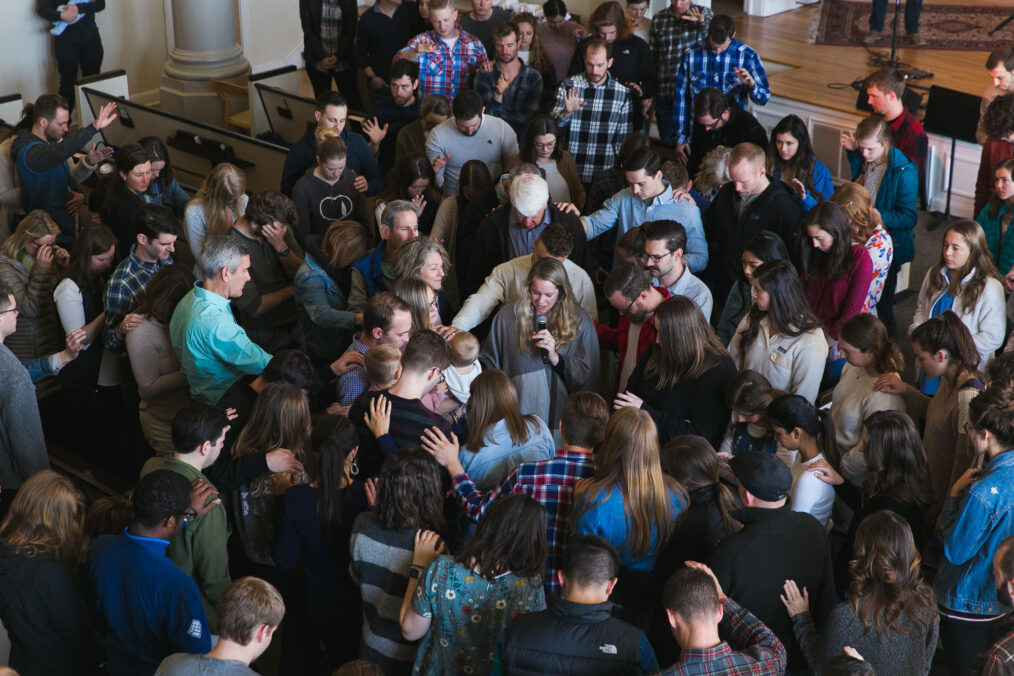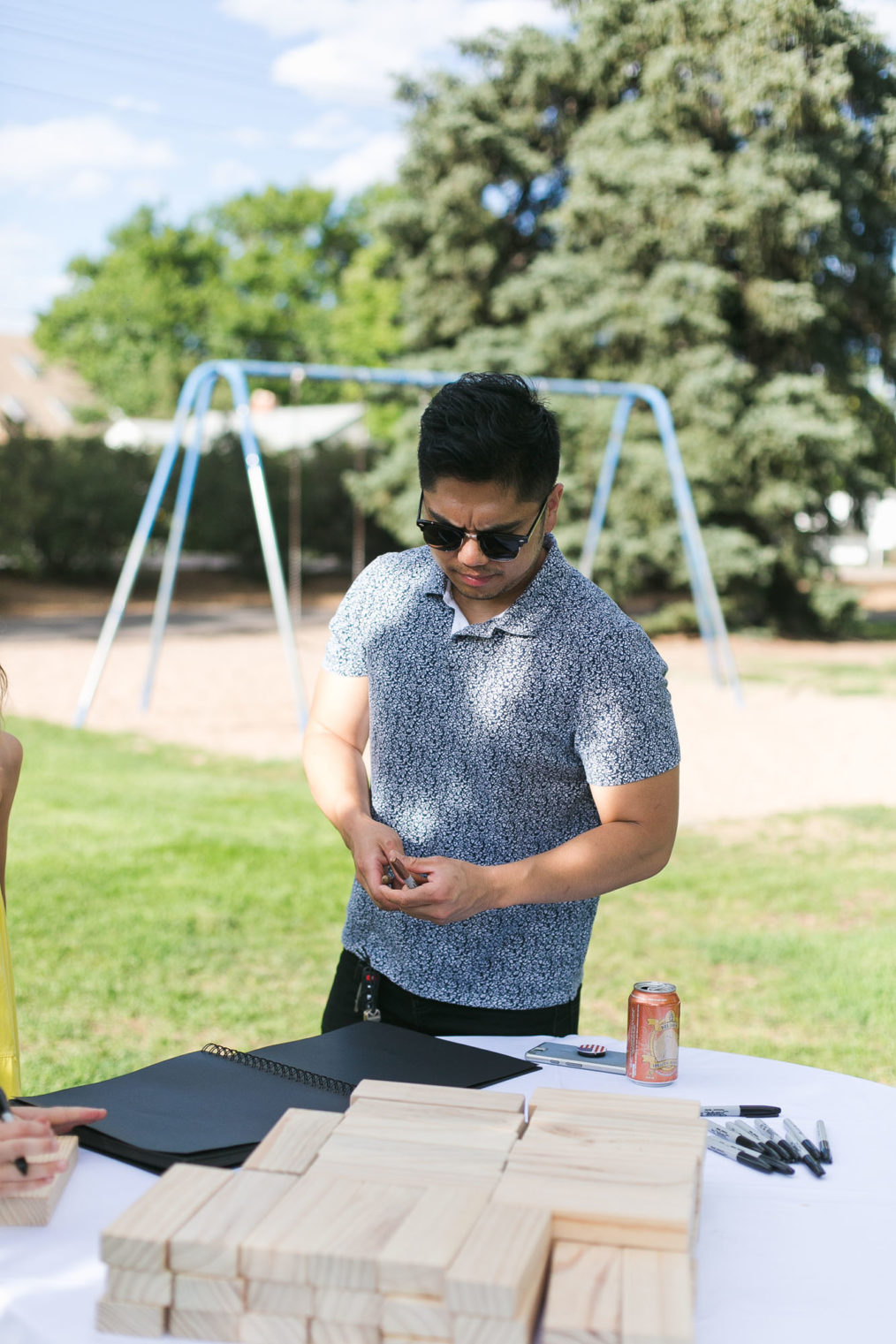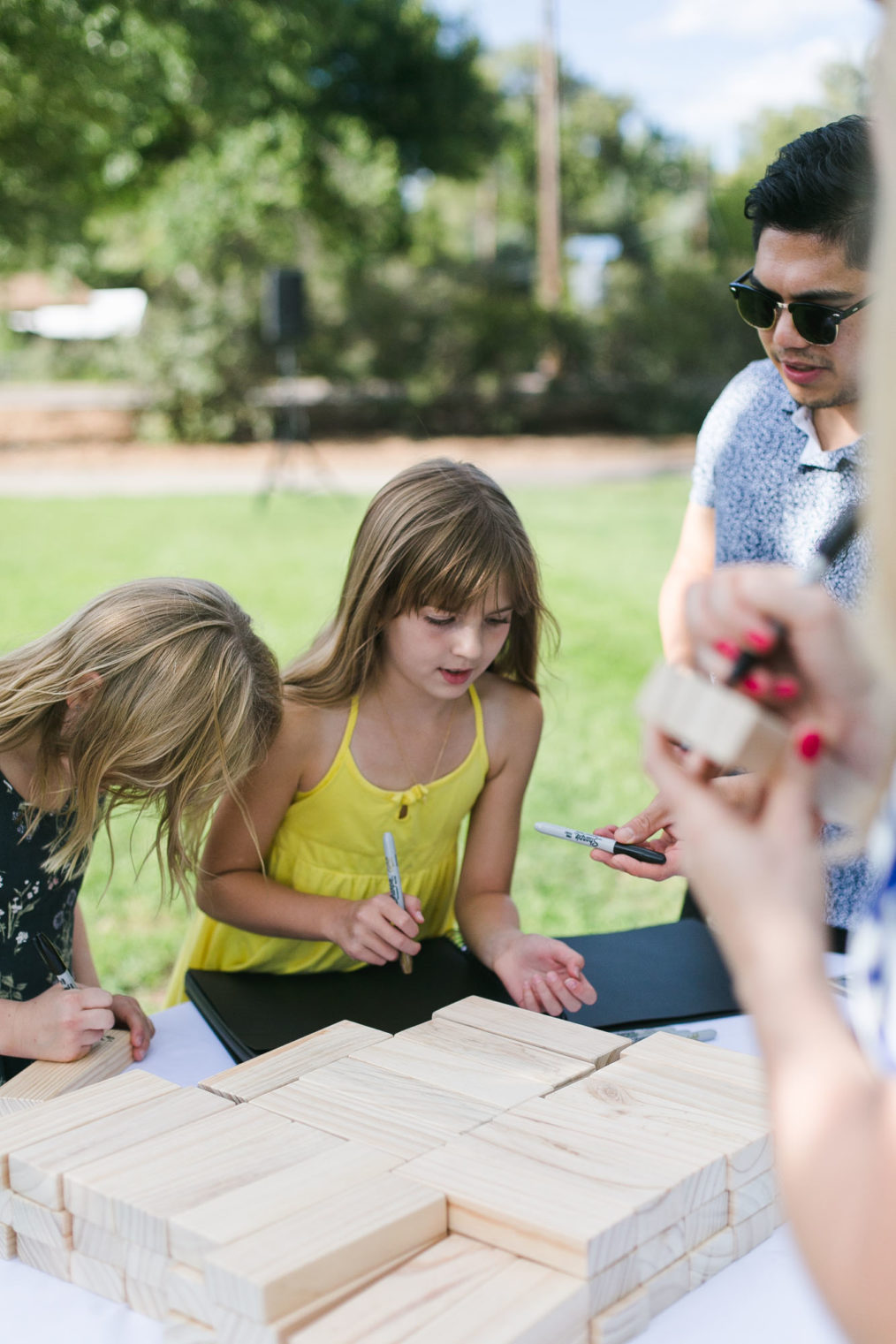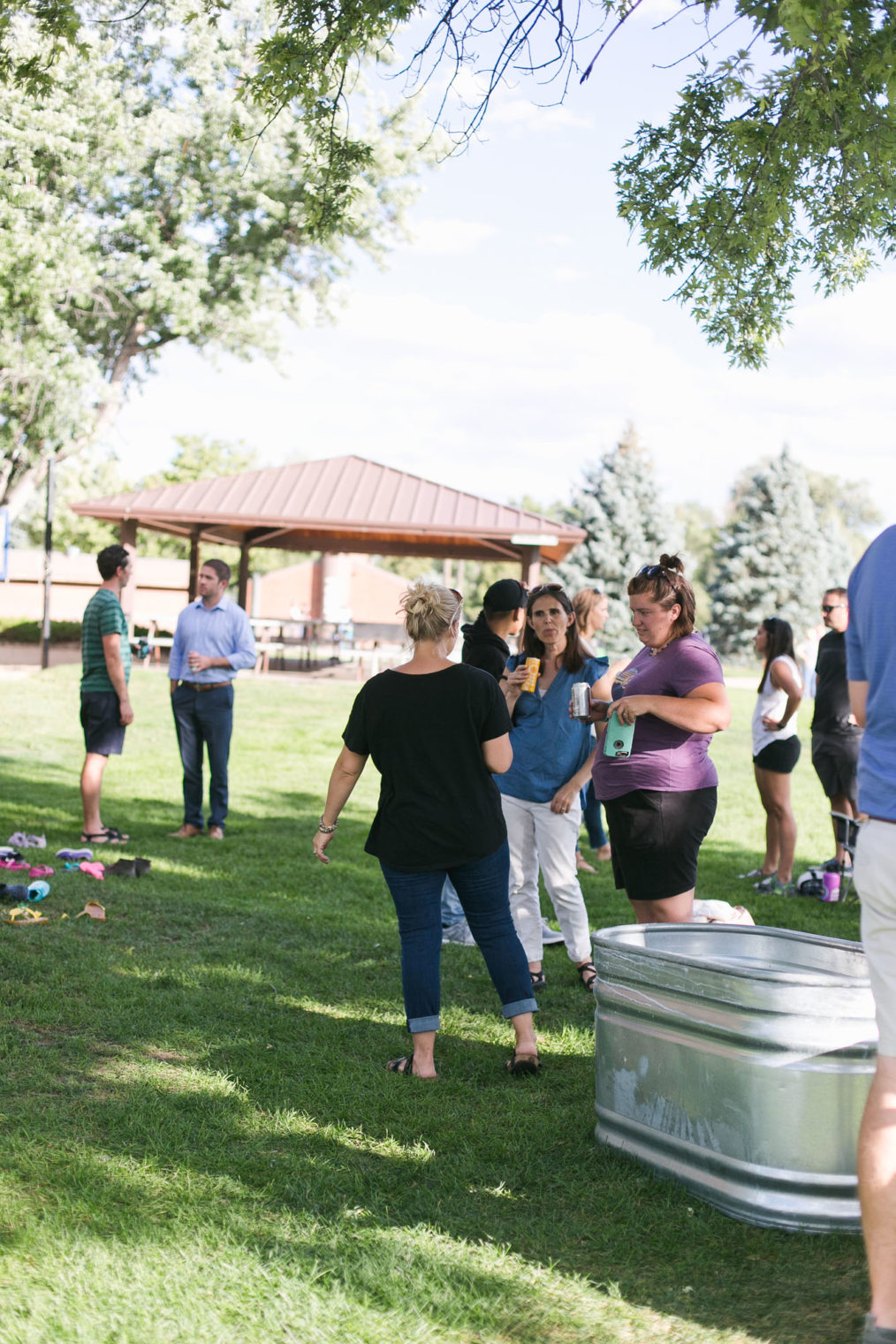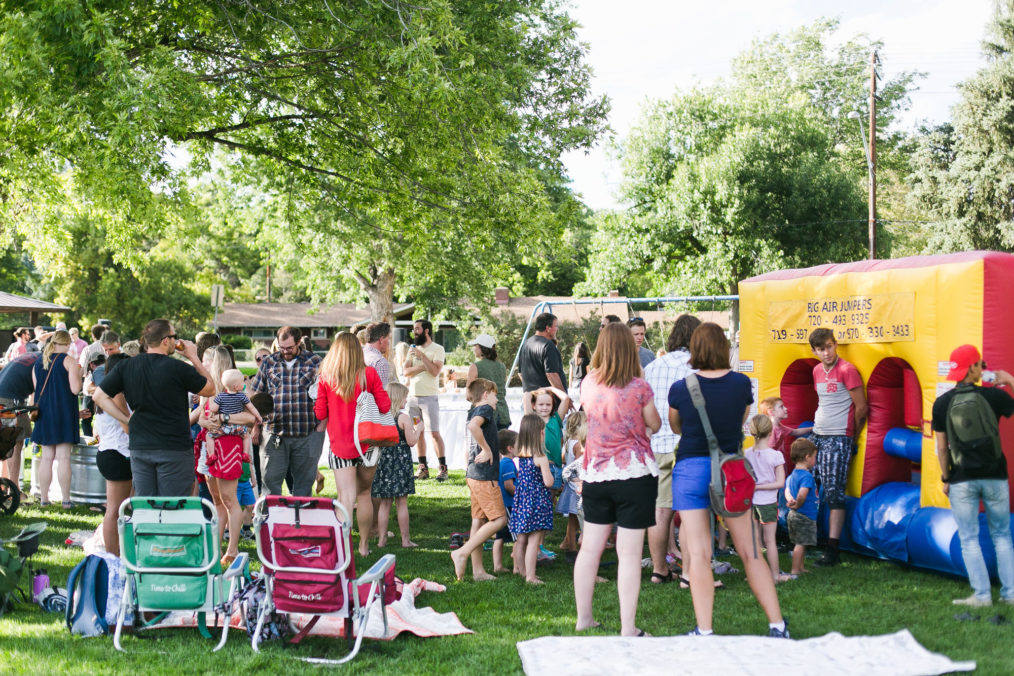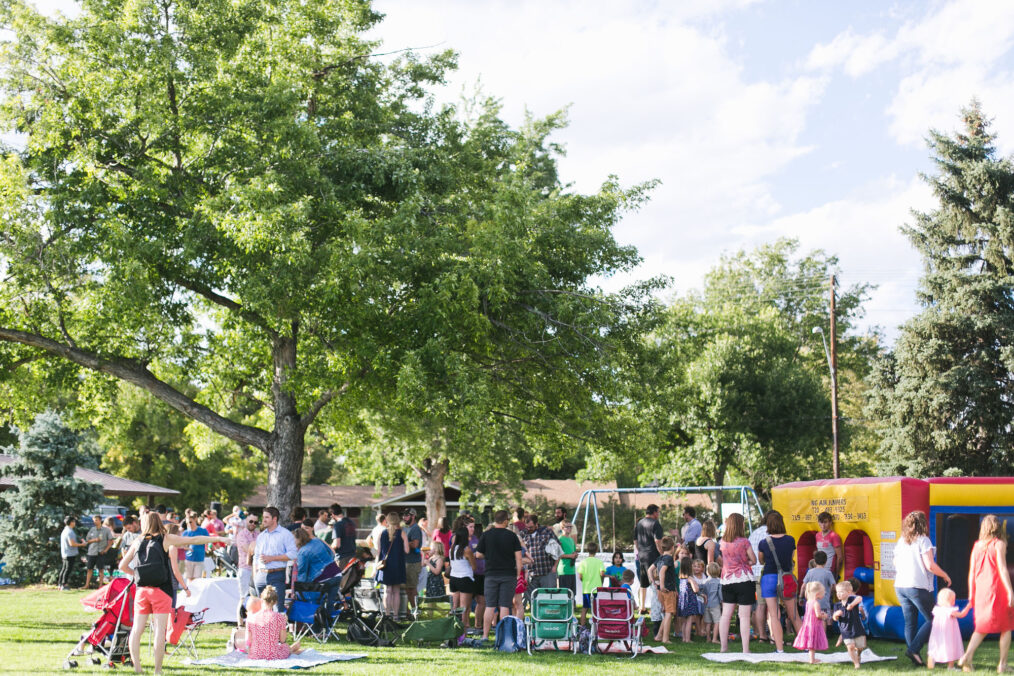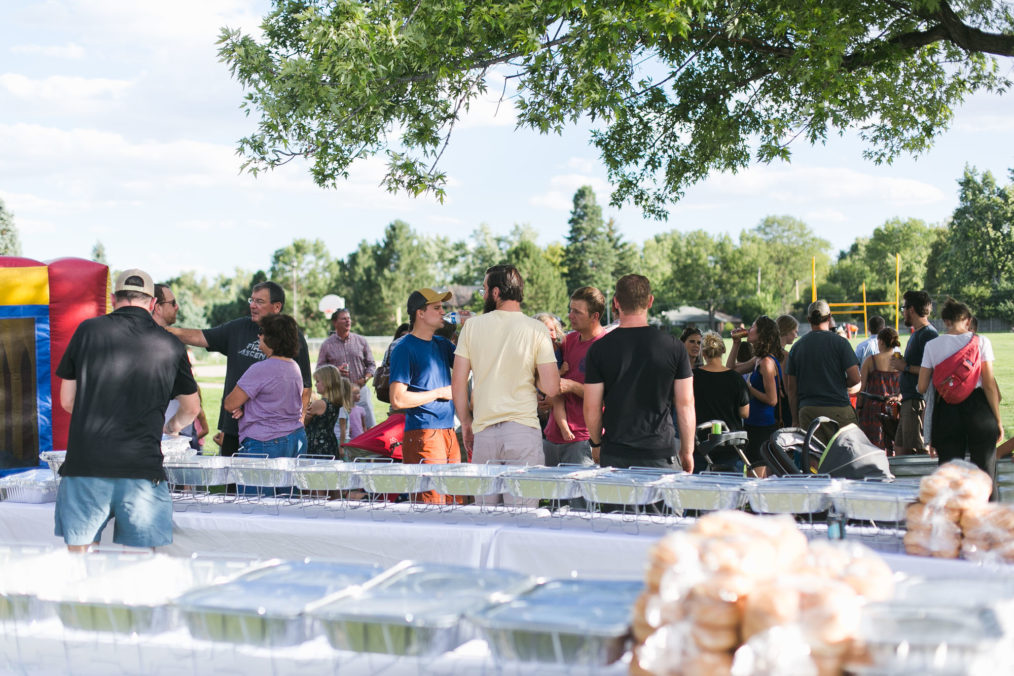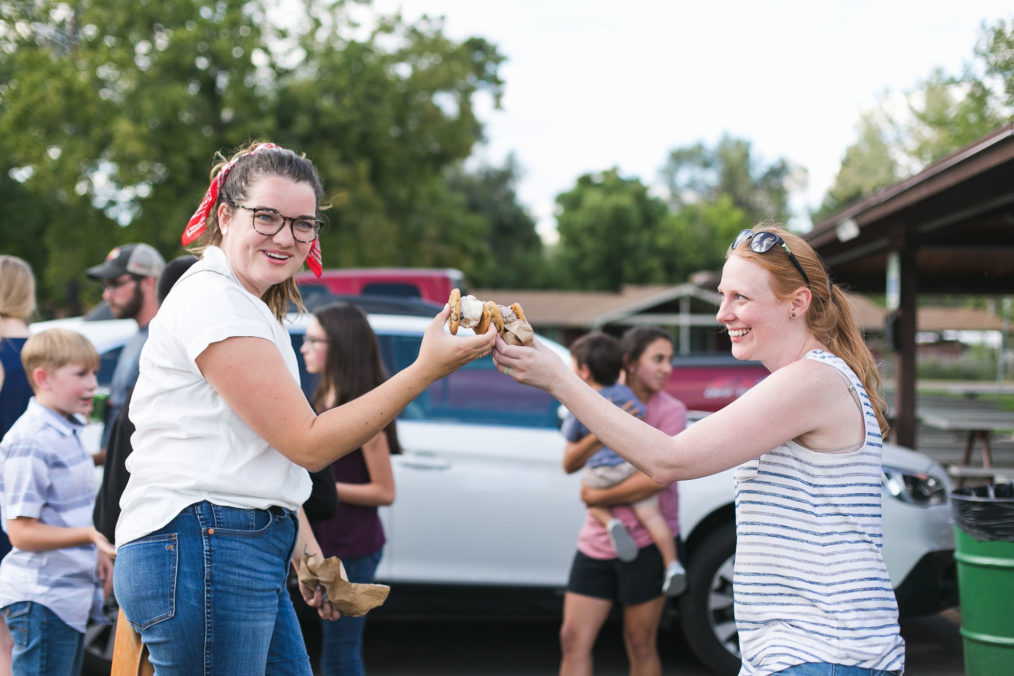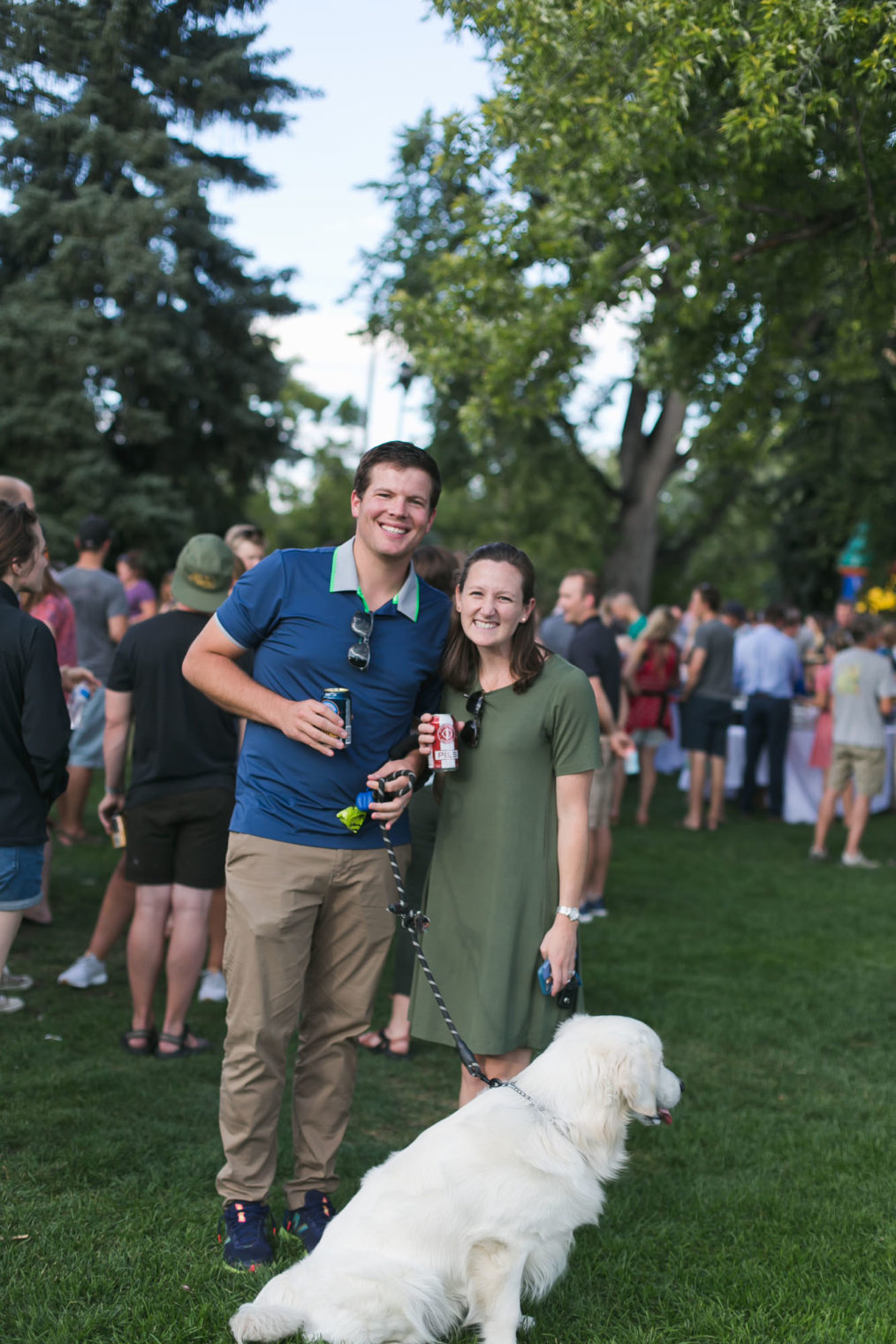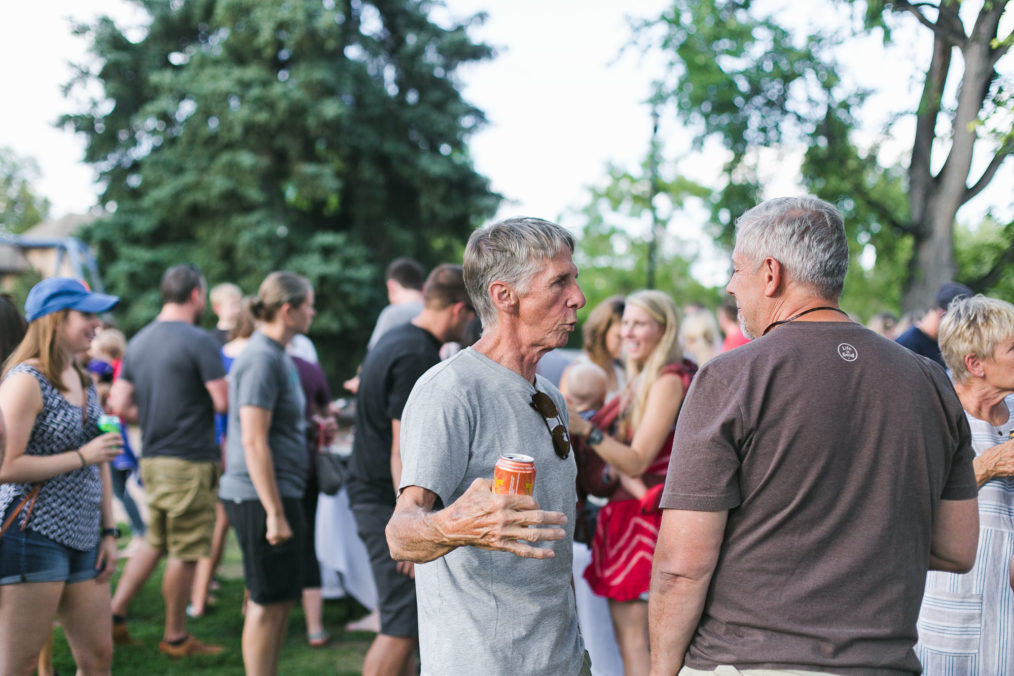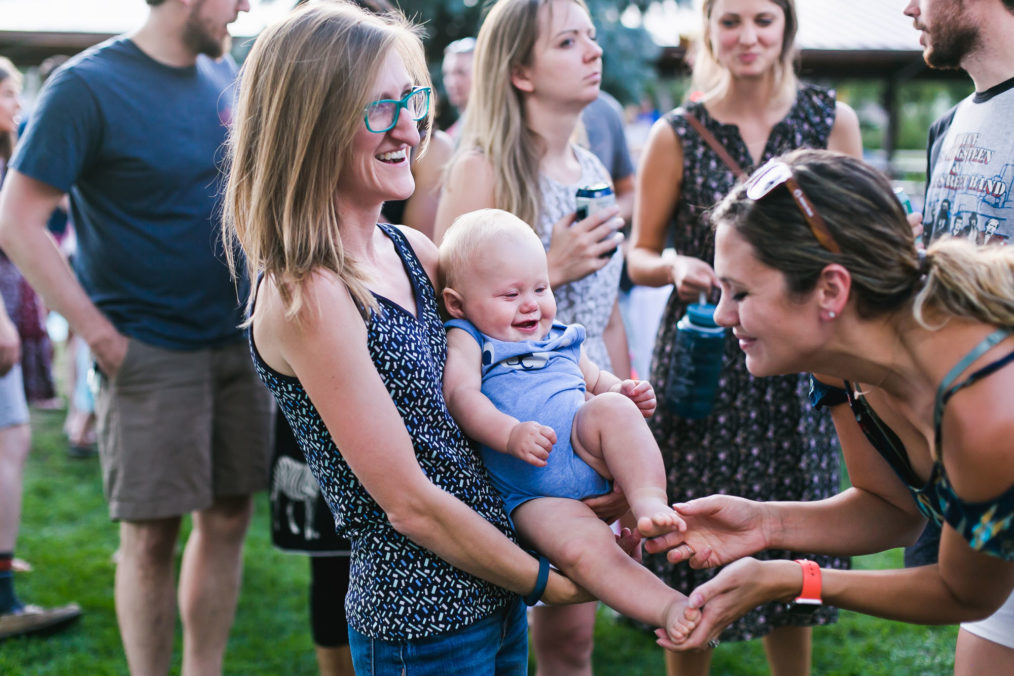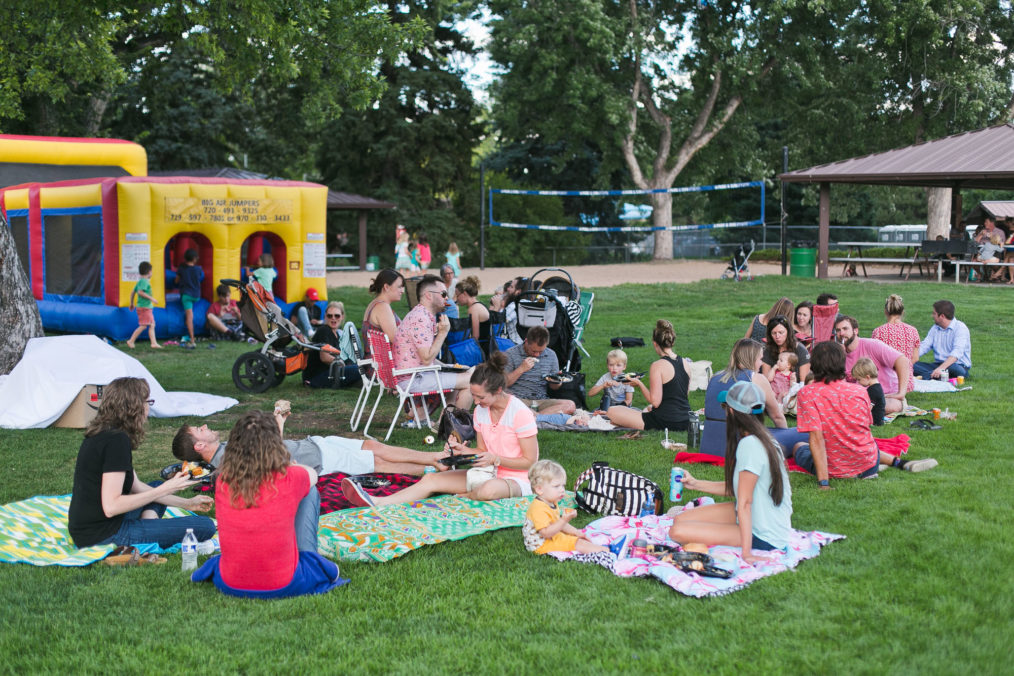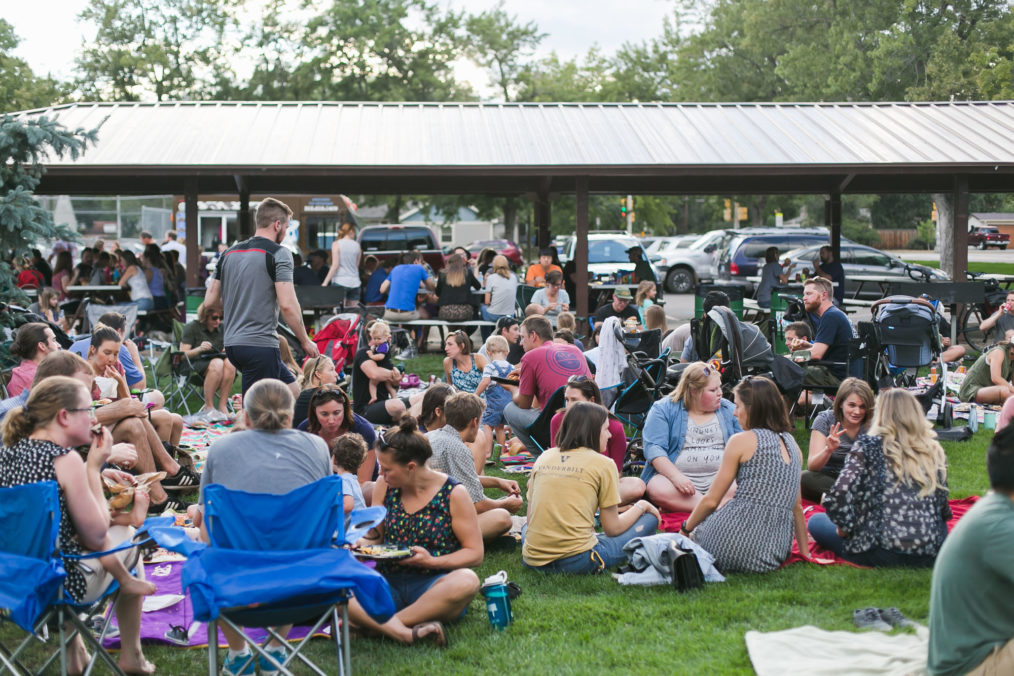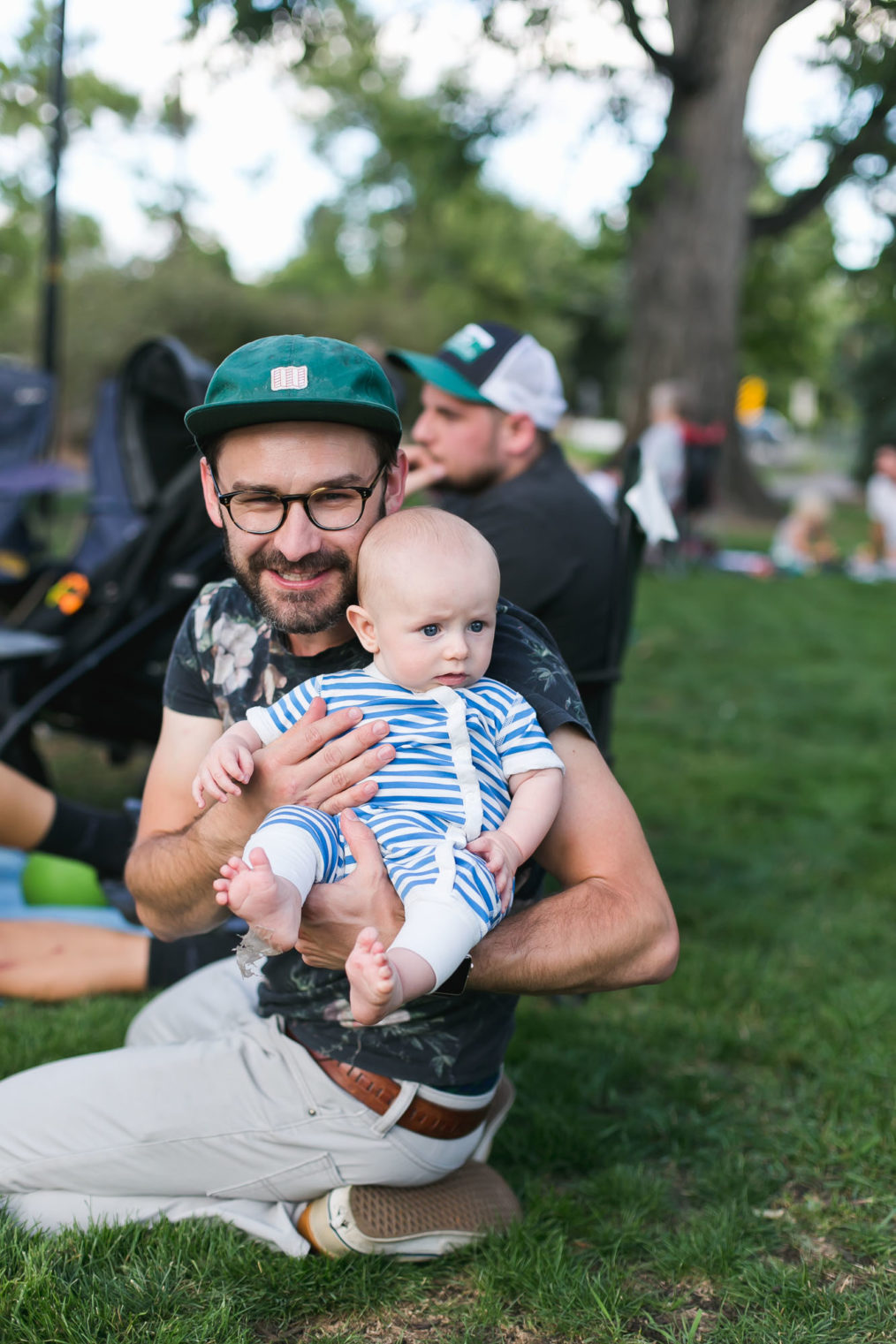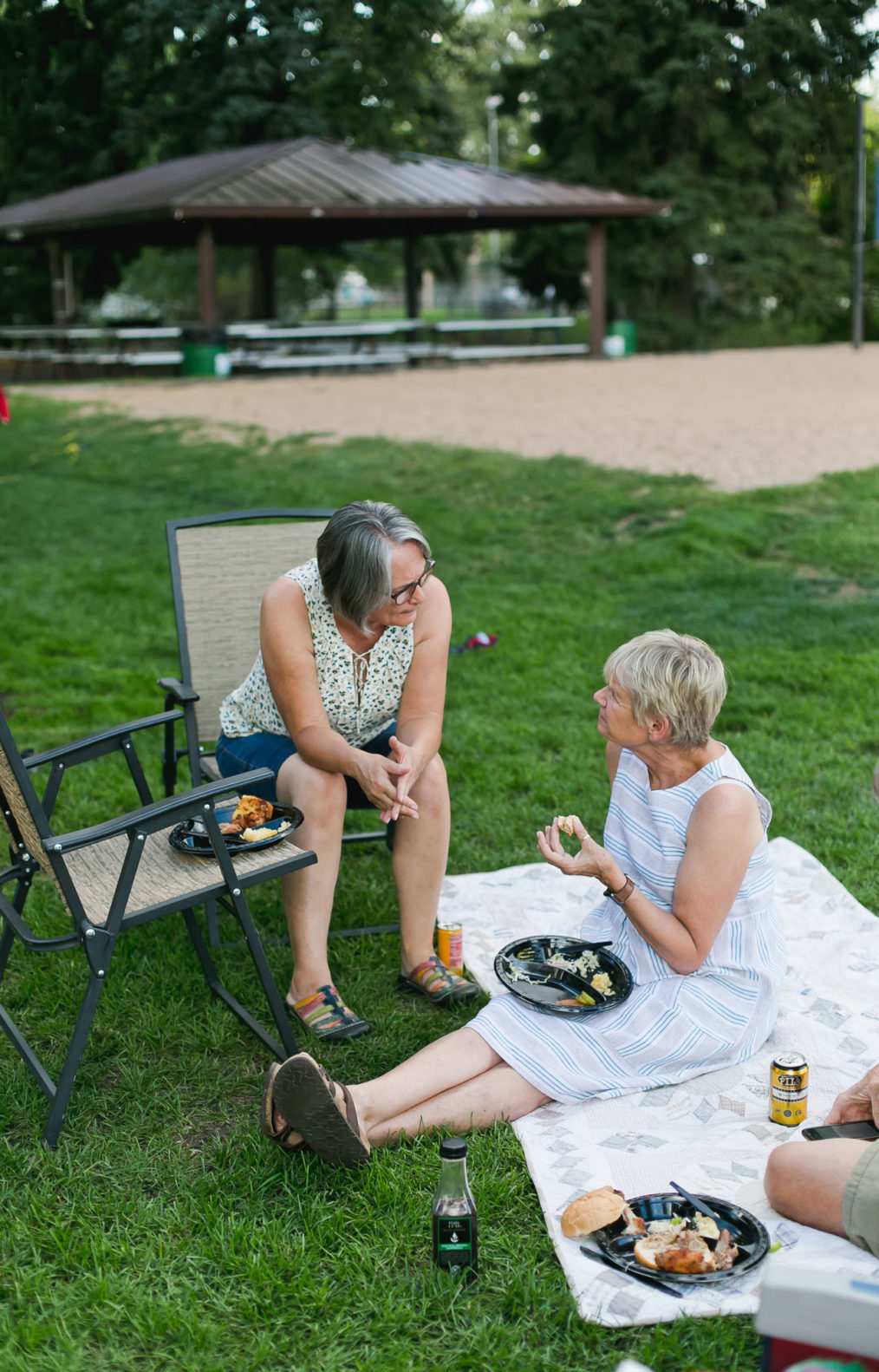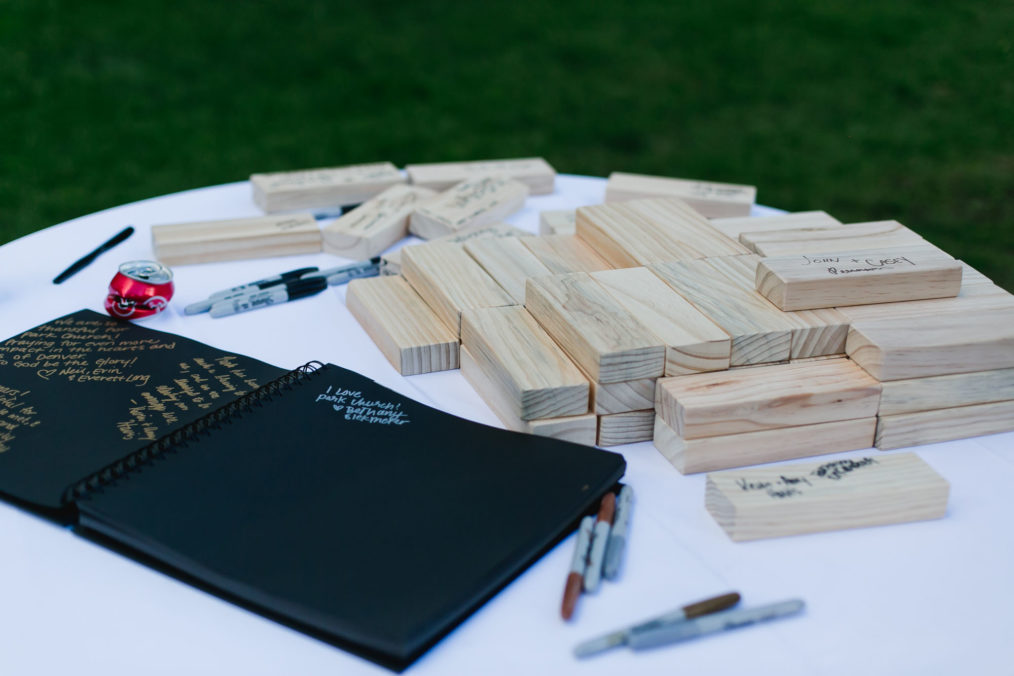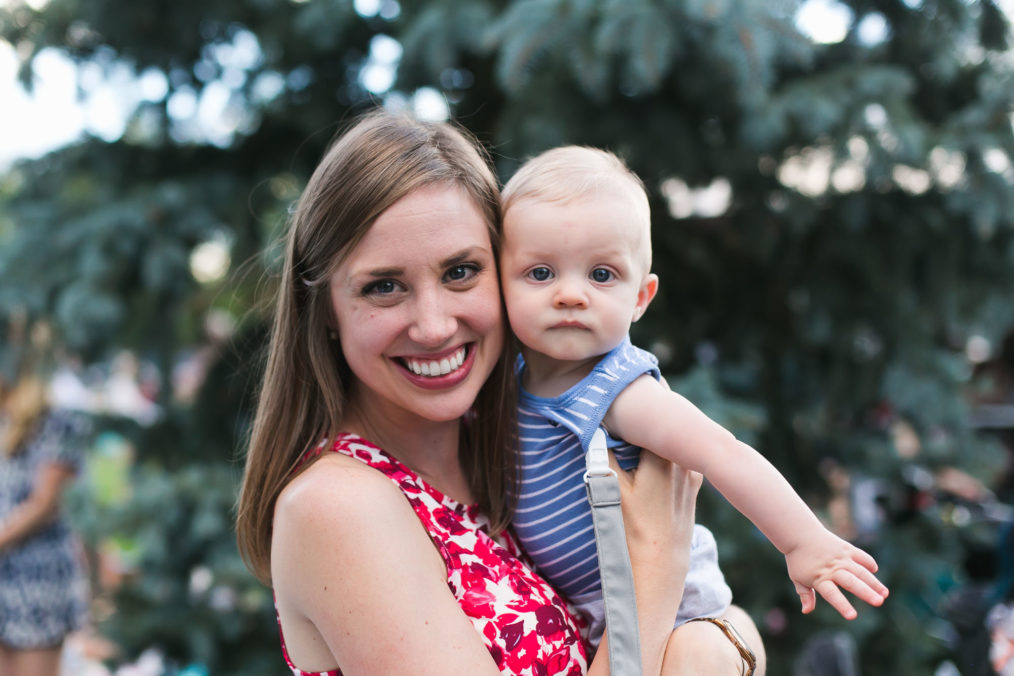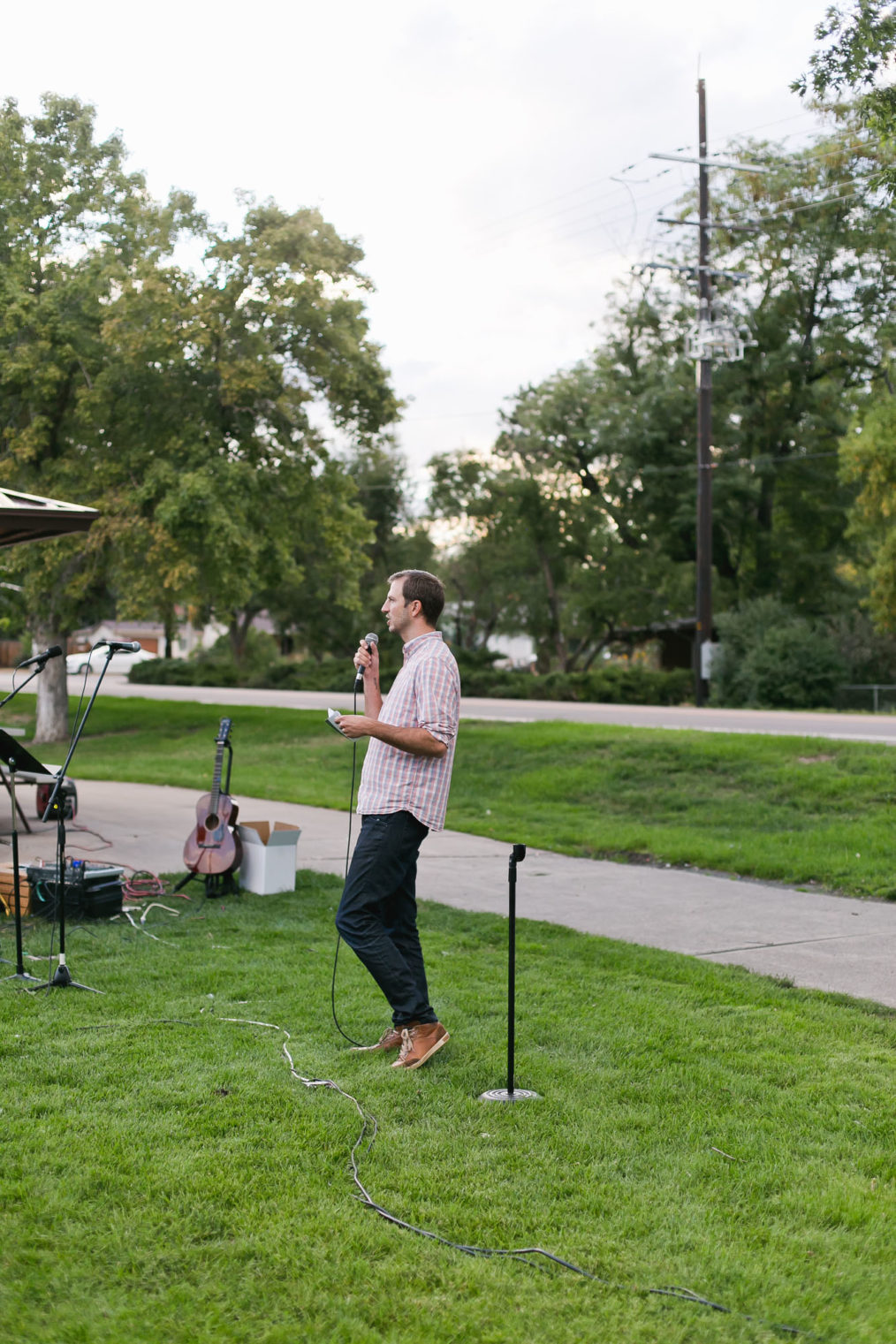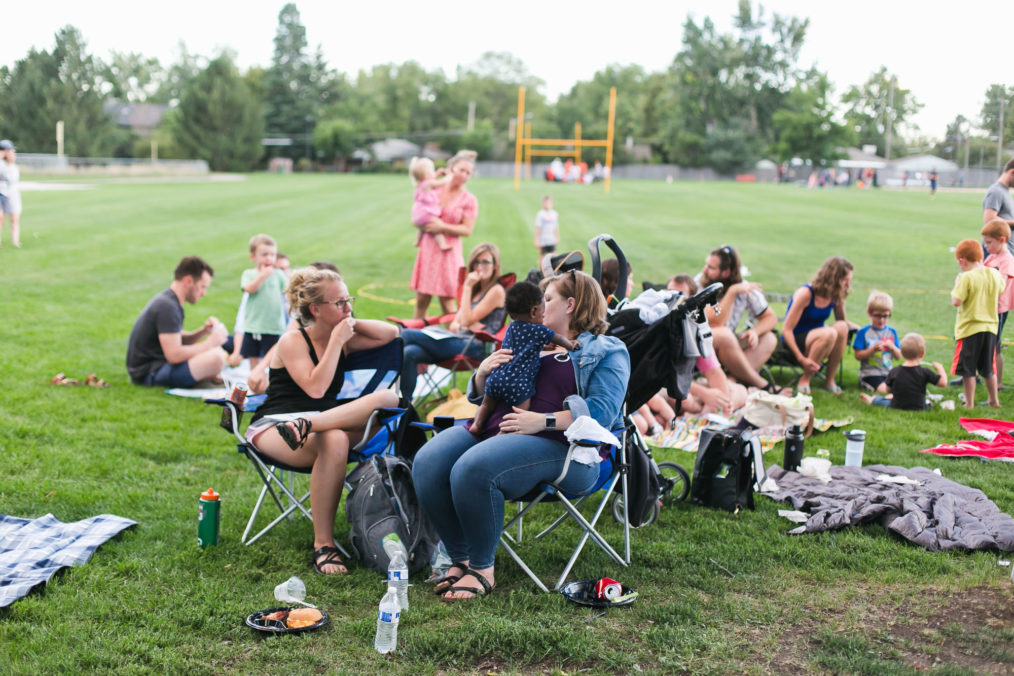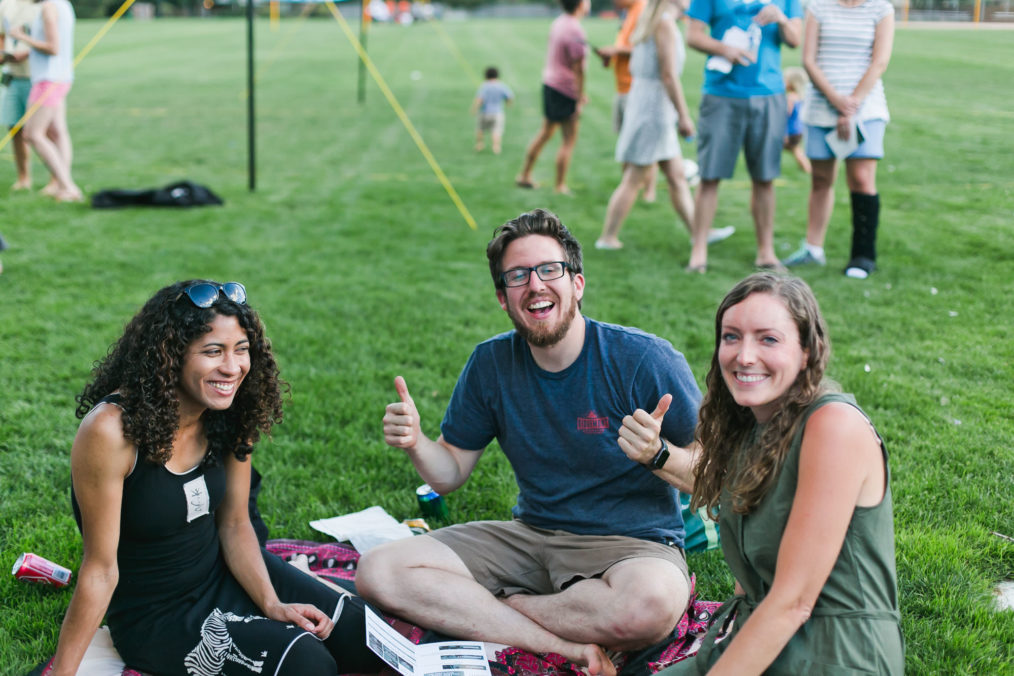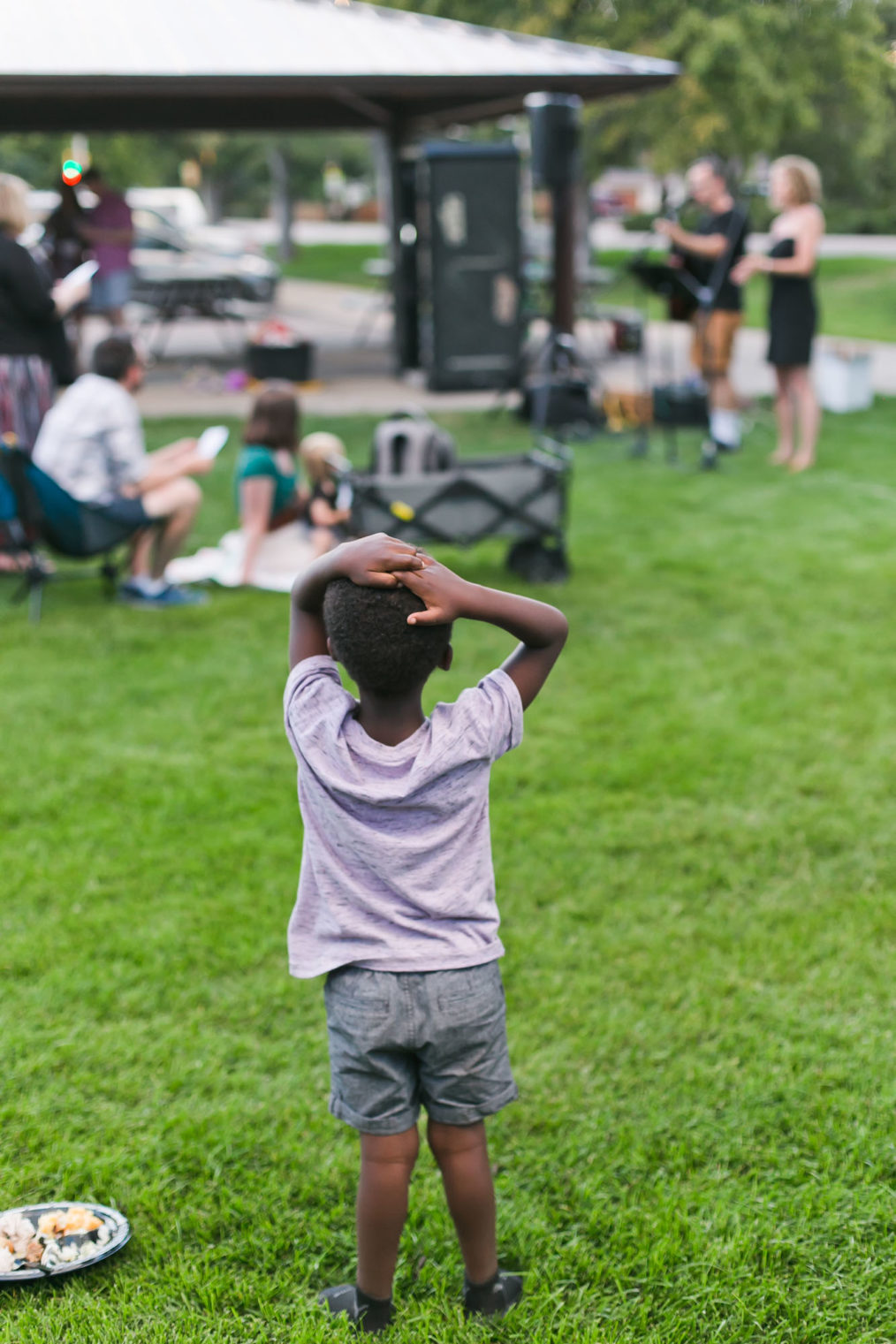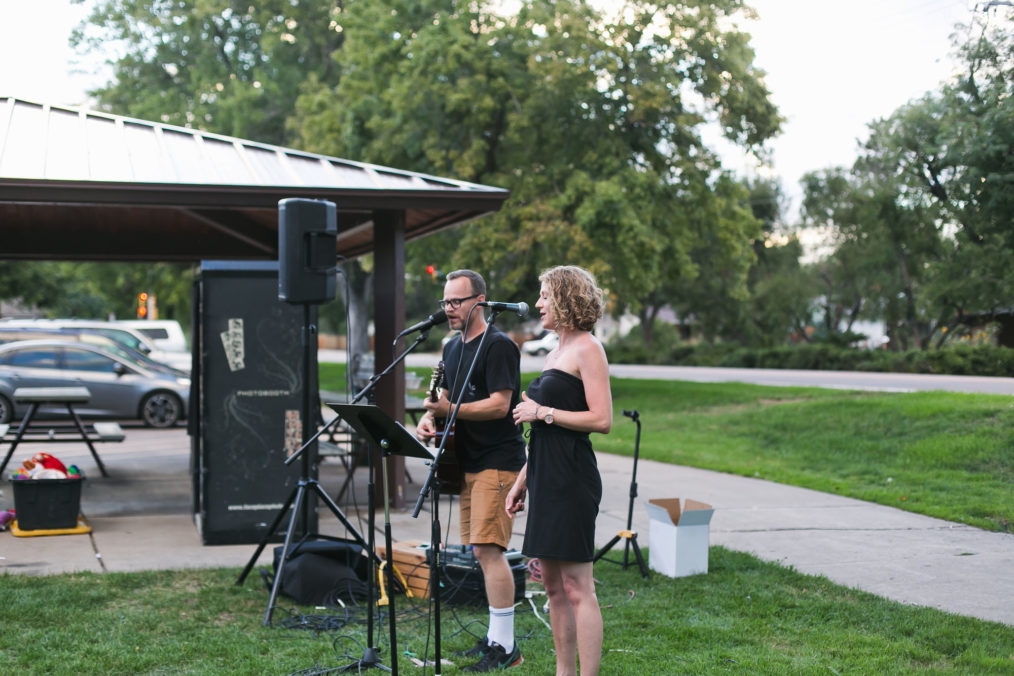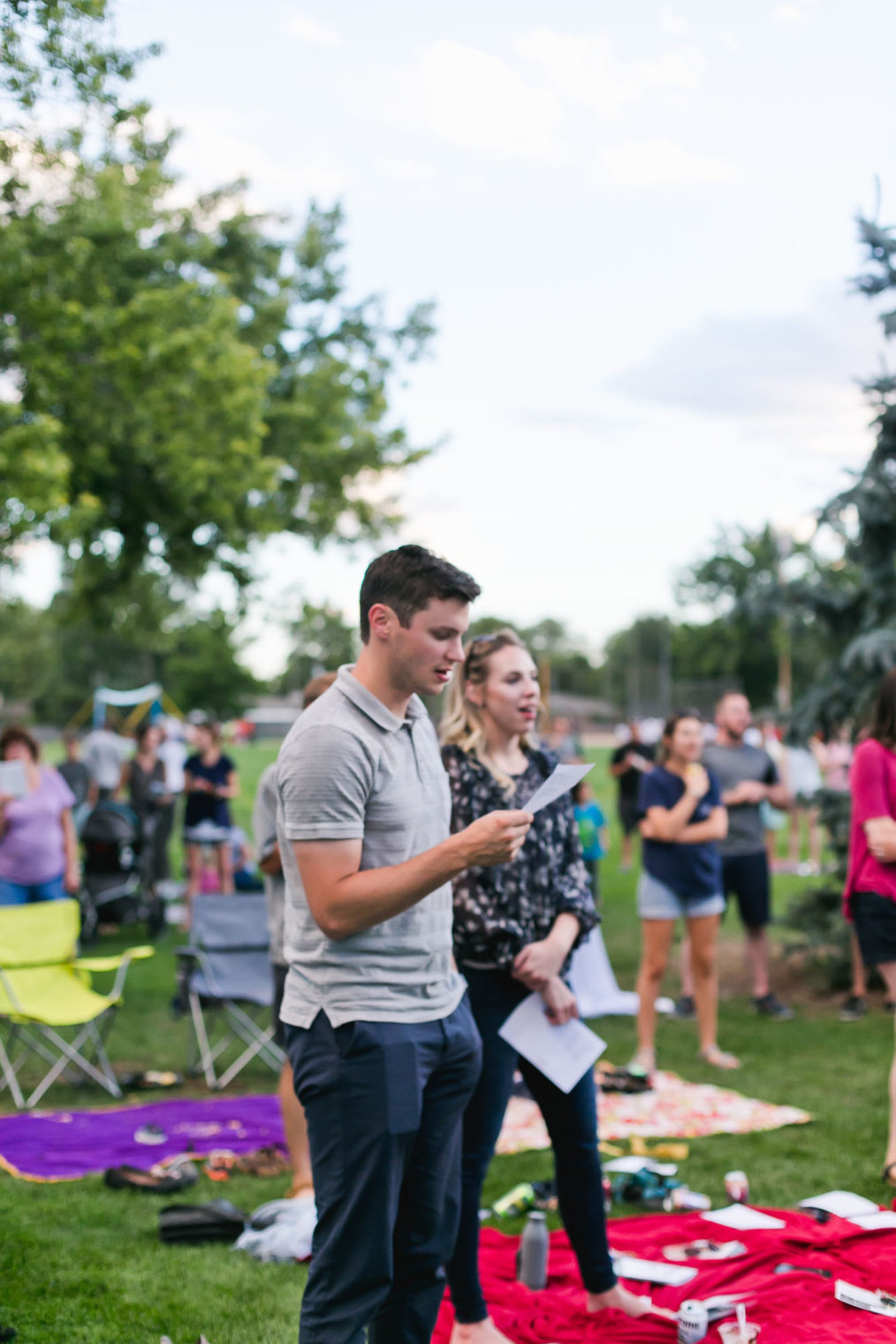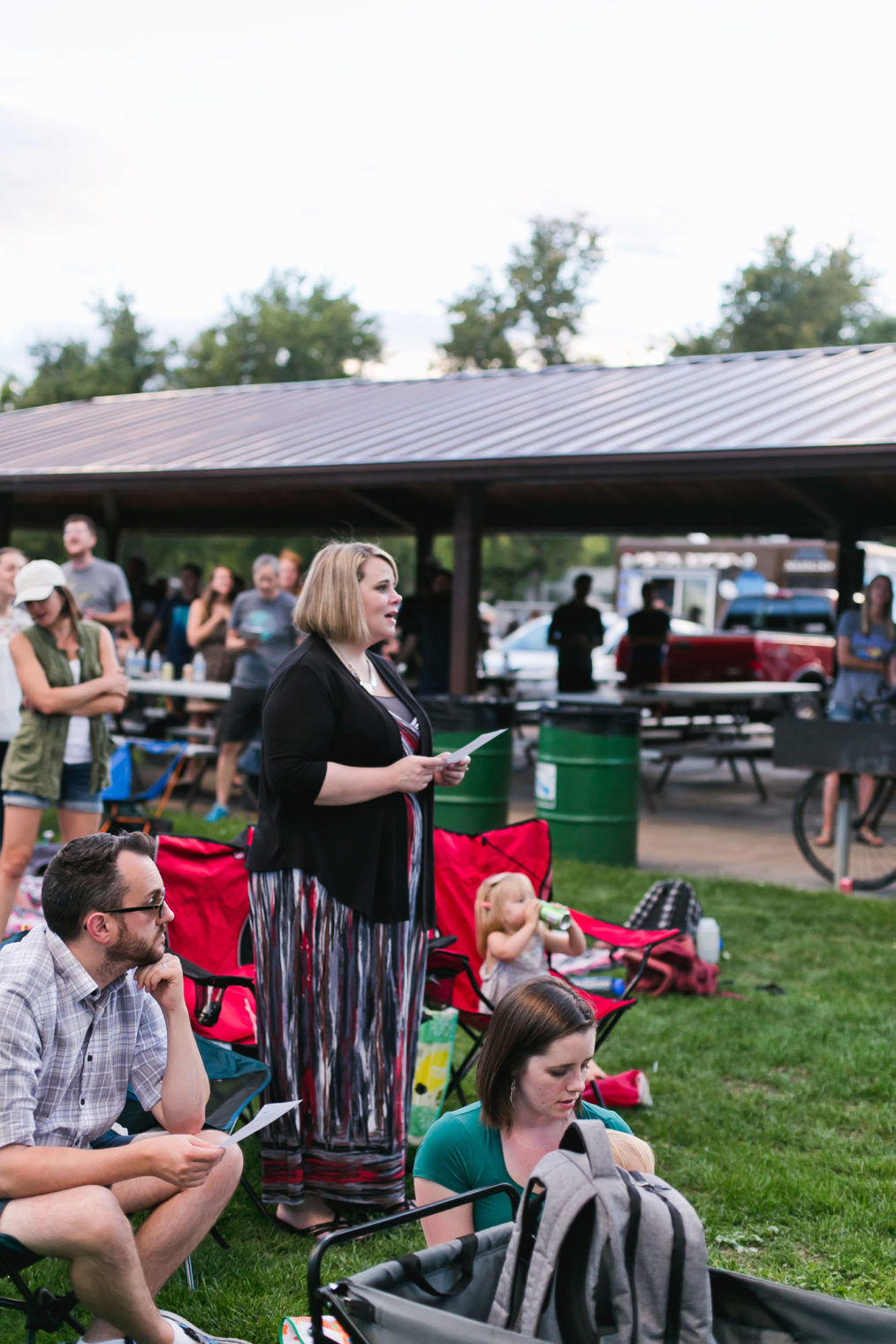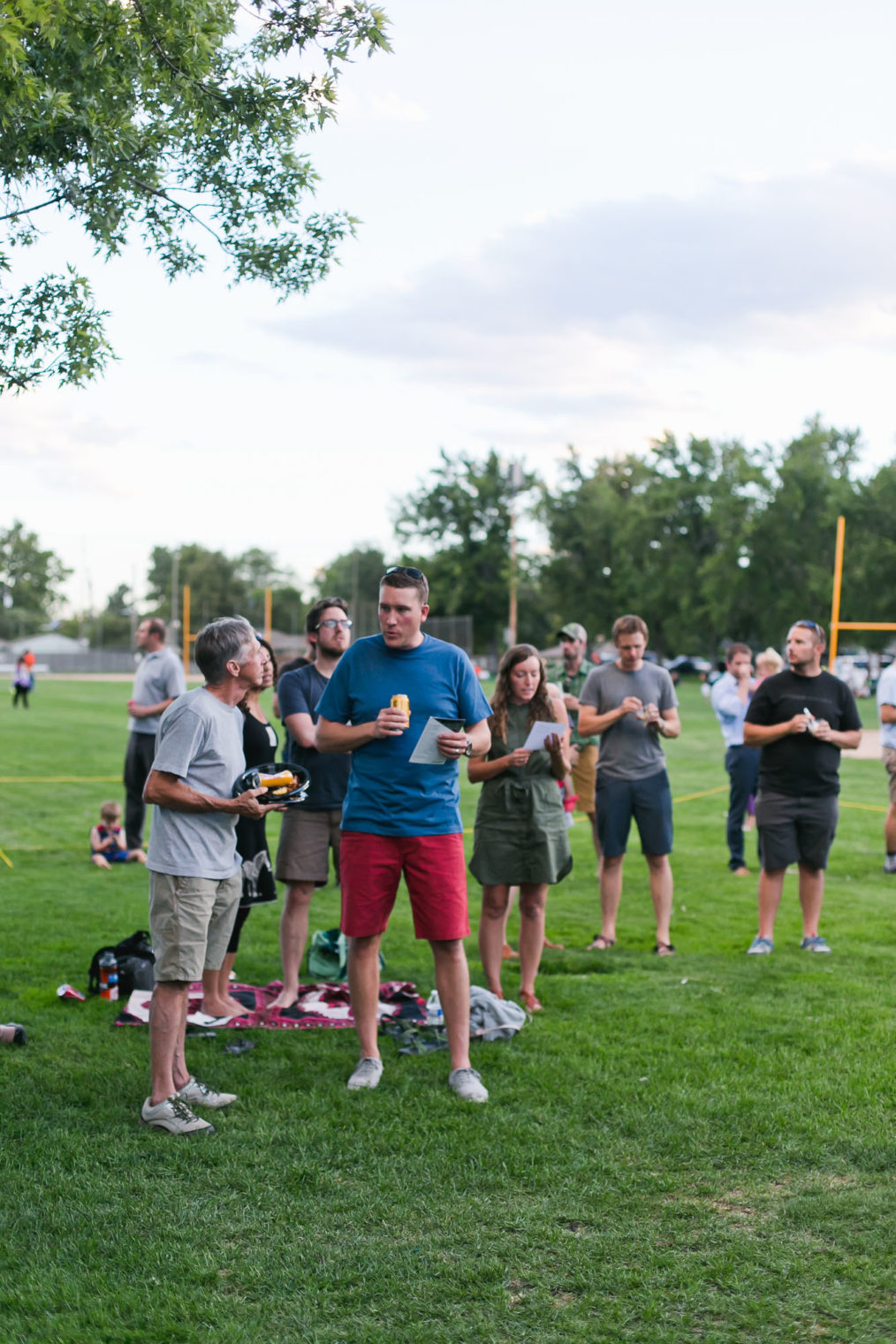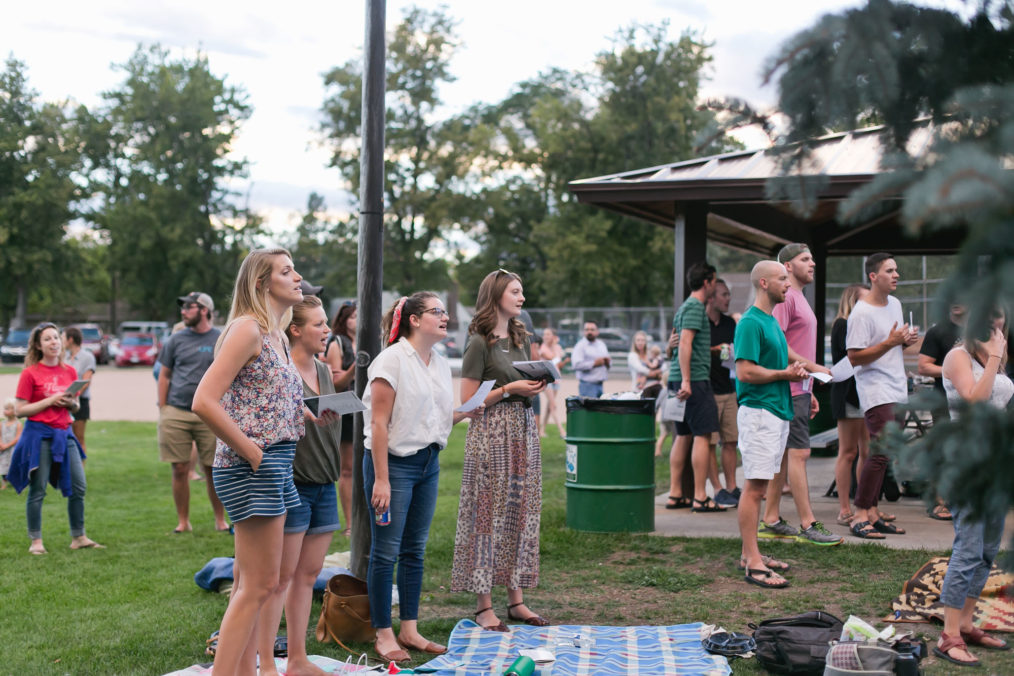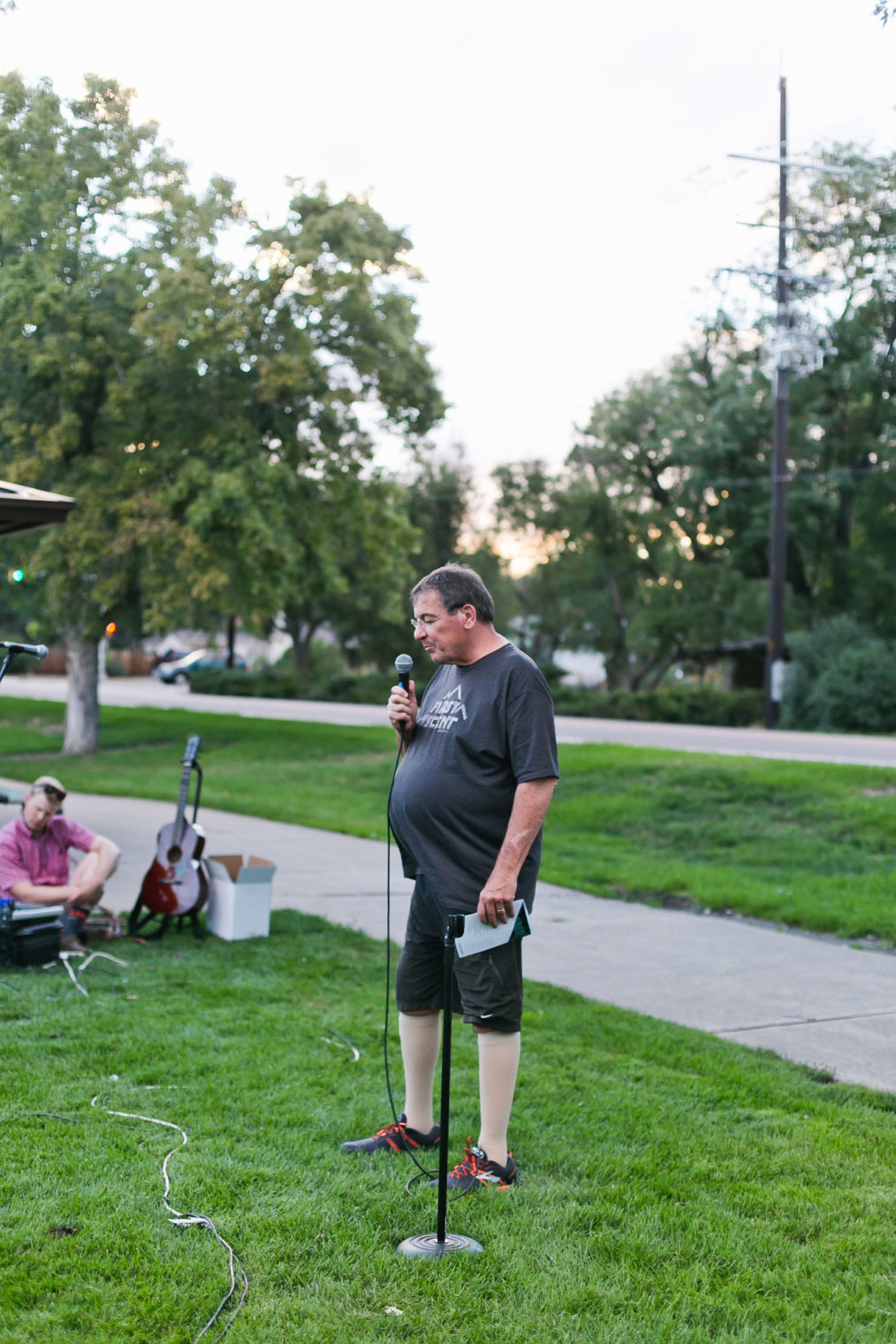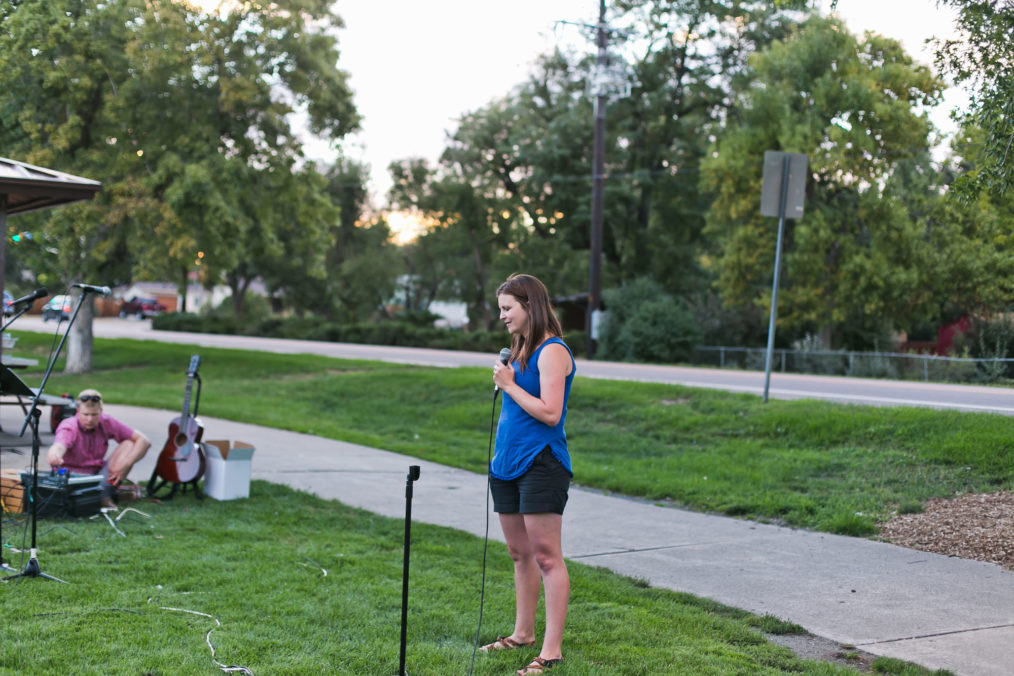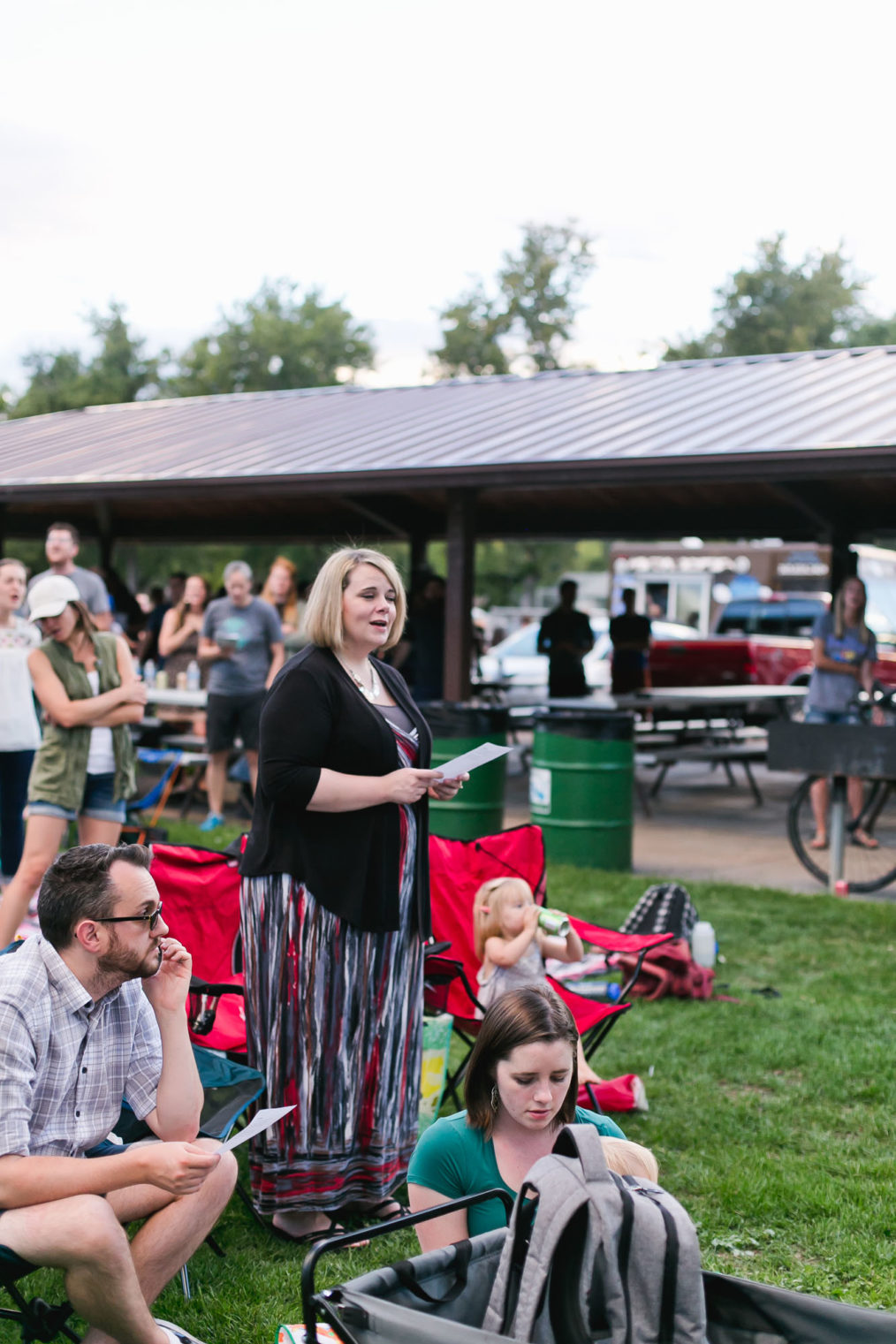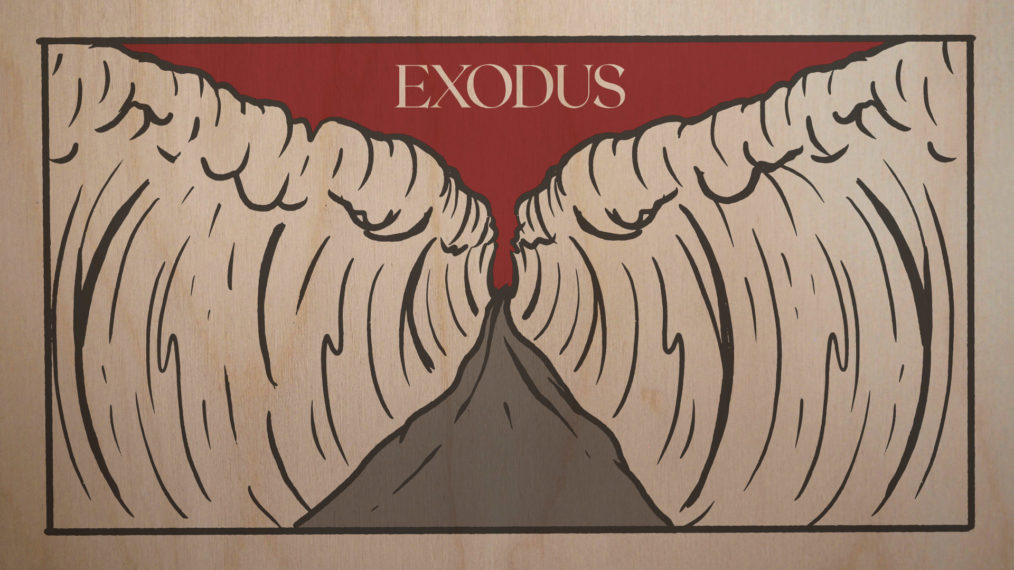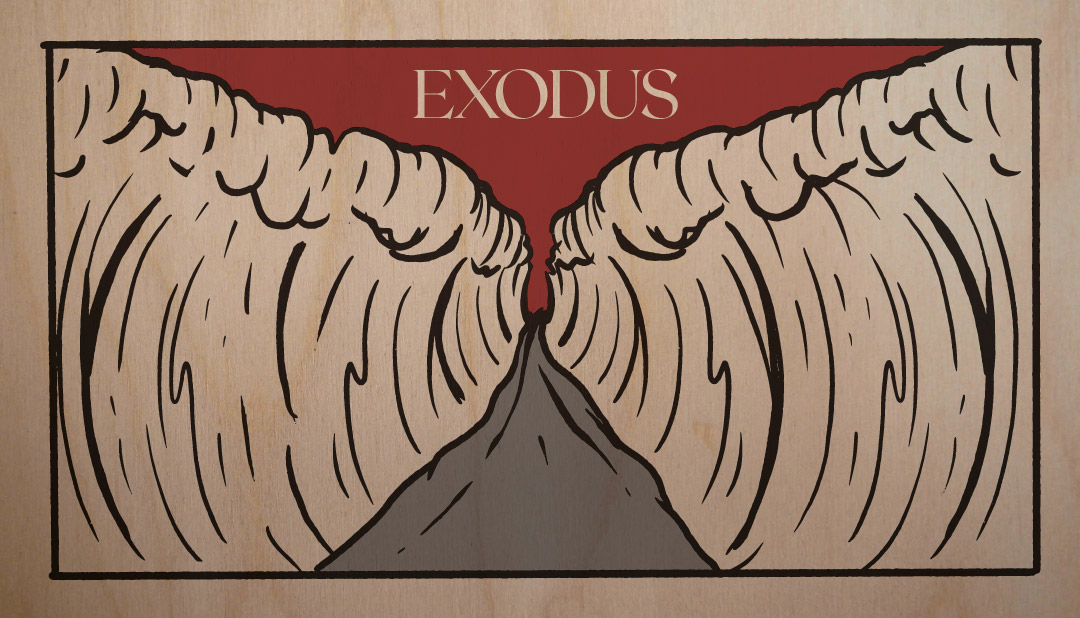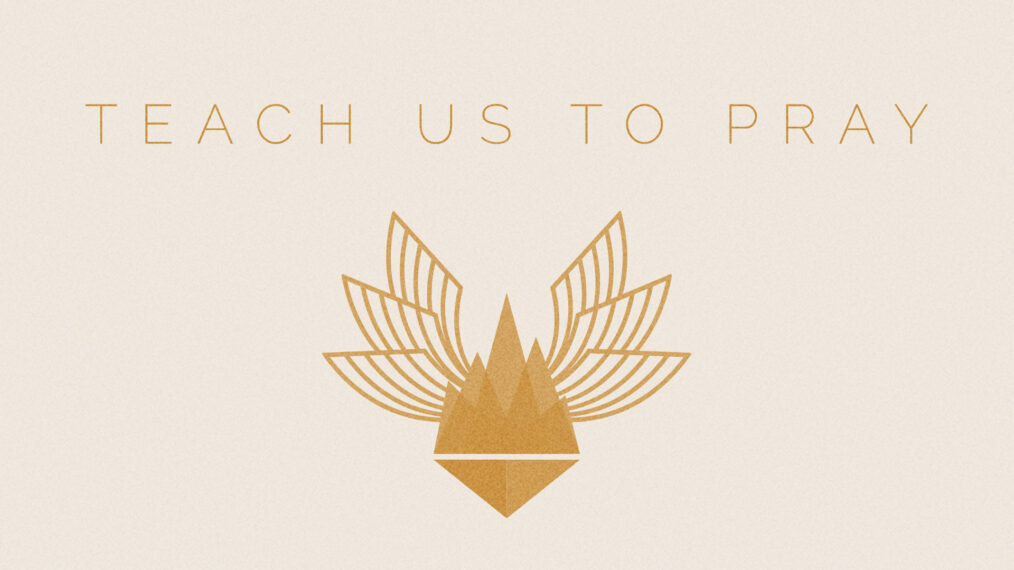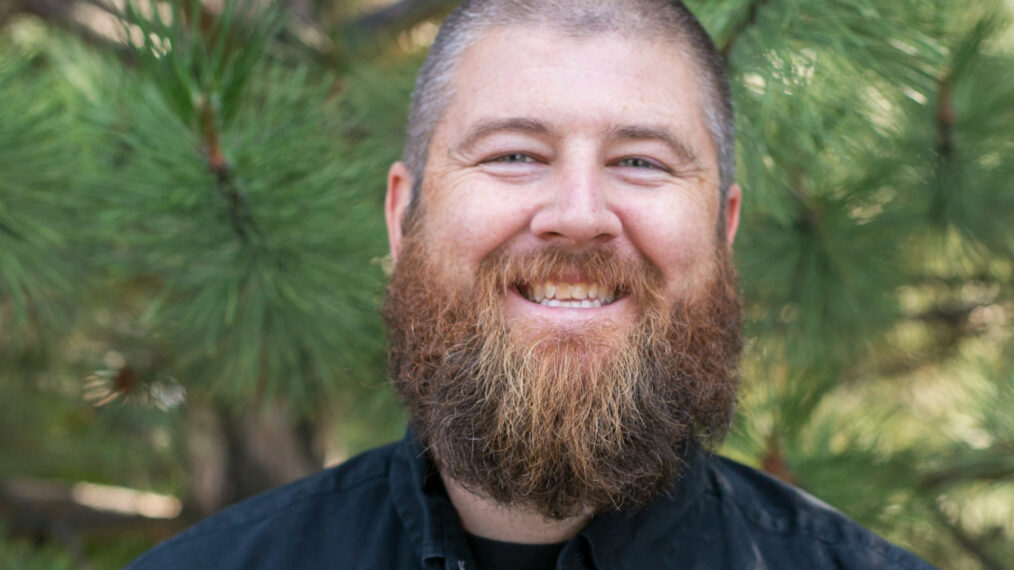Jason Jones’ Testimony
By Jason Jones, as told by Liz Charlotte Grant. Jason Jones is an Elder and the Pastor of Care and Counseling at Park Church.
Youth Group Christianity
My parents would have said they were Christians while I was growing up in St. Louis, Missouri, but really, we were cultural Christians. There were three things in our house that we didn’t talk about: we didn’t talk about religion, politics, or morals. Somebody told me the other day that their family were CEO Christians—Christmas and Easter Only. We would have been CEN—Christmas and Easter Neither. I was left to make up my own opinions on sex, alcohol, politics, and God, so much so that I was nearly 30 before I learned the difference between a Democrat and Republican.
But I guess I was always curious about God. So, during my freshman year of high school when a friend invited me to go to church with his family, I went. I spent the night at his house, and then the next morning, we went to church, which I didn’t get a bunch out of. But then I went to youth group with him that night and it was the youth group that really kept me going back.
At the time, I was a pudgy kid and I had a flat top and glasses. I didn’t get picked on, but I don’t recall having a lot of friends. So, going to a youth group full of kids that invited me in and treated me like a friend from that first time that I walked in—that made a huge impression on me.
Questioning His Beliefs
I went to youth group for years before I really started to pay attention to what was being preached. What was being preached was this mixed-bag of, “You’re pretty much a good person, and you should just live life and enjoy it and try to do good things, whatever those might be.”
Throughout high school, I struggled with alcohol a fair amount, plus marijuana use and sexual relationships. That meant that by the time I noticed my church’s theology, I already knew that I wasn’t a good person; I could
feel it. I knew that something in me wasn’t right, that I wasn’t living how I was supposed to.
I went through seasons of not going to church, starting at the end of high school and into college. I’d say to myself, “This doesn’t seem real.” Maybe it was cynicism in me. I was ready to walk away from Christianity. Now, I wasn’t opening God’s word to ask, “What does God Himself have to say?” I was just listening to the “good person” teaching and assumed, “This must be what Christianity is,” which didn’t seem to be true. So, I’d go back and forth wondering whether Christianity was right for me or not.
But I kept coming back because I felt like I belonged at youth group because kids were treating me well. By the end of high school, I had actually moved up into leading youth group myself, though I had no real sense of what Christianity—the Gospel—really was. I don’t know why; maybe they just needed warm bodies. Either way, I stayed involved off and on.
God’s Pursuit
The Holy Spirit was already working on my heart, even in my doubting. That’s probably why I believe in predestination, actually, because I can see the Holy Spirit’s work in my life, even before I understood the Gospel. I had a couple of experiences I couldn’t explain until later on.
The first happened during the summer between my freshman and sophomore year of high school. I went on a mission trip with my youth group to Kansas City, just across the state, and the pastor of the church in Kansas City gave this message that made an impression on me. He was a large dude with a booming voice and he was an ex-gang member.
He preached from Matthew, where Jesus says, “Some of you on my right hand will come and I’ll say to you, ‘You came to see me in prison, and when I needed food and shelter, you gave me food and you sheltered me’.” And those people will say, “Lord, when did we do that?” And then Jesus will say, “As you’ve done to the least of these, you’ve done it to me.” And to those on his left Jesus will say basically the opposite: “You didn’t do it to the least of me, so you didn’t do it to me, so I don’t know you.” (From Matthew 25:35–45)
The pastor read that passage and then asked us, “What is this passage talking about?” No hands go up. Finally, I raised my hand, ‘cause it just resonated with me—I knew exactly what the passage meant. I said, “Part of loving God is loving other people.” And he said, “That’s exactly right.” That message has stayed with me to this day.
The other experience I can point to and say, God was working in me, was probably three years after that, on another youth group mission trip. I don’t know if you’ve ever had a moment where you tangibly feel the Holy Spirit’s presence, even if you can’t explain it then, but you look back and go, “Yeah, that was definitely the Holy Spirit.”
That’s what happened: I was on this mission trip, just having a really rough time. I was struggling with relationships on the trip and also the question, “What do I really believe?” I tend to be fairly extroverted, but I remember thinking, “I just want to be by myself.” So, I went off to journal in this room in the church where we were serving. You might picture a fellowship hall, but more comfortable, with armchairs everywhere.
And I started journaling—and I’m not really a journal-er—but as I wrote, God met me in that room. Probably the best way to describe it was like a warm and assuring presence. Like saying, “I love you, I’m here with you.” What does it mean to have a personal relationship with God? I’d say that was probably one of my first experiences of a personal encounter from a loving, Father God. As it turned out, I wasn’t actually by myself at all.
Salvation
I met Brian Brown through my ex-girlfriend at the time (now wife) Elizabeth, when he was engaged to Elizabeth’s sister. I was around 21 and had quit college; she and Brian went to college together and were home for that summer. Brian and I really hit it off. We led youth group together that summer, and that fall I followed him to Chicago, lived with him in his apartment, and worked at Sports Authority while he finished college.
When I met Brian, I was ready to walk away from Christianity. And then God brought someone into my life who sat with me and opened up God’s Word with me to see, “What does God Himself have to say about who He is and who I am, as one of His creatures? What should be my response to Him?”
We started walking through the beginning of Romans together, spending a lot of time in Romans 3. Paul quotes one of the Psalms: “No one is righteous, no not one; …no one does good” (Romans 3:10–12). It really helped me understand that everybody is on the same playing field before God; there’s no Christian out there who’s mostly good. And Christianity isn’t “you be perfect,” which is what my youth group had implicitly taught.
Then I remember Romans 3:21 being really key. If you get through where Paul has already captured everybody in the bucket of “no one is righteous,” then you can get the “but now” of Romans: “Now the love of God is made manifest apart from the law in Jesus Christ.” Studying that, God really opened my eyes to the good news; to the Gospel. I understood that we were all on the same playing field, and while I still couldn’t do anything about that, something had been done for me through Christ. It felt refreshing.
A Changed Person
That was my salvation moment. But even so, nothing really changed drastically after that beyond thinking, “Something is different about what I believe, so what does that mean?” The truth didn’t have an immediate effect on my behavior. Some people have that immediate transformation—their life is changed, they see everything else differently. For me, it felt like more of a slow marination.
We call that process “sanctification.” The initial “aha” was refreshing, and then it worked itself out over a several-year period. Actually, it’s still working itself out as I’m 39, and that experience probably happened when I was—I don’t know—20 or 21.
What did change, though, was a perception that I was loved. Before the Gospel changed my behavior, before I got to, “Okay, what does obedience look like?”, I understood that I was loved and accepted. I don’t think I’d ever felt that before.
I was an emotional kid growing up, so my dad didn’t know exactly what to do with me. He would be harsh or come down strong on me, and I would cry or break down; I was just different from him. I don’t think I could have verbalized it, but I didn’t feel accepted by my dad—or by God, because how can you be accepted by someone you don’t know? And I didn’t
really know God. But right away, from the very early times of my salvation, I felt the tangibility of God’s love for me.
Called to Vocational Ministry
Elizabeth and I moved to Denver in 2008 to help Brian plant Park Church. Then, in 2012, I became a lay elder. Park paid for elders to take classes, so I signed up for a counseling course—and I loved it. I kept taking more counseling classes. At the same time, a lady in the church had been telling me since we planted the church, have you ever thought about becoming a counselor? She saw something in me that I didn’t see.
Then in 2014, I started feeling this…I guess you’d call it a “call.” But I started wondering, “What would it look like to do this on-staff at Park?” I felt the Lord drawing my heart toward counseling. I started to see some of the ways that I was gifted and how that could help a church body, and I felt the sense of “I’d really like to do this at Park” continuing to grow.
By the beginning of 2015, after Elizabeth and I had talked and prayed about it, we came to the elders to tell them what was going on. I said, “What do you think about this?” And they agreed. Then, a position opened on staff and they invited me to join the staff team in May 2015. So, I’d say going into vocational ministry at Park was partly the Lord taking my heart in a direction, then bringing people alongside to say “yes,” and then having the opportunity open up.
How can we be praying for you and your family?
Elder-ing is tiring. It’s great, and I love it, but ministering to people can be draining. You tend to hear the big joys that happen in the church, but you also tend to hear a lot more of the darkness, a lot more of the underbelly of the church, so to speak—where things are
really at in people’s lives. The tendency is to find ways to sustain yourself apart from the Lord, to turn to other things in a sinful way. It’s comfort, Netflix, alcohol. Honestly, if I tend toward one, it’s, “I’ll just have two old fashioneds tonight.” You can pray that the Lord would sustain us as elders and that we’d turn to God to sustain us instead of turning to comfort. Pray that I turn to the right thing.
